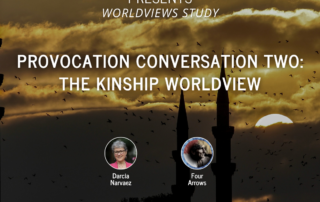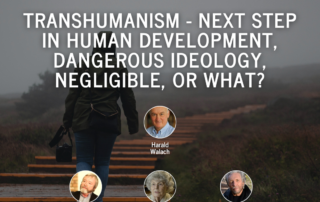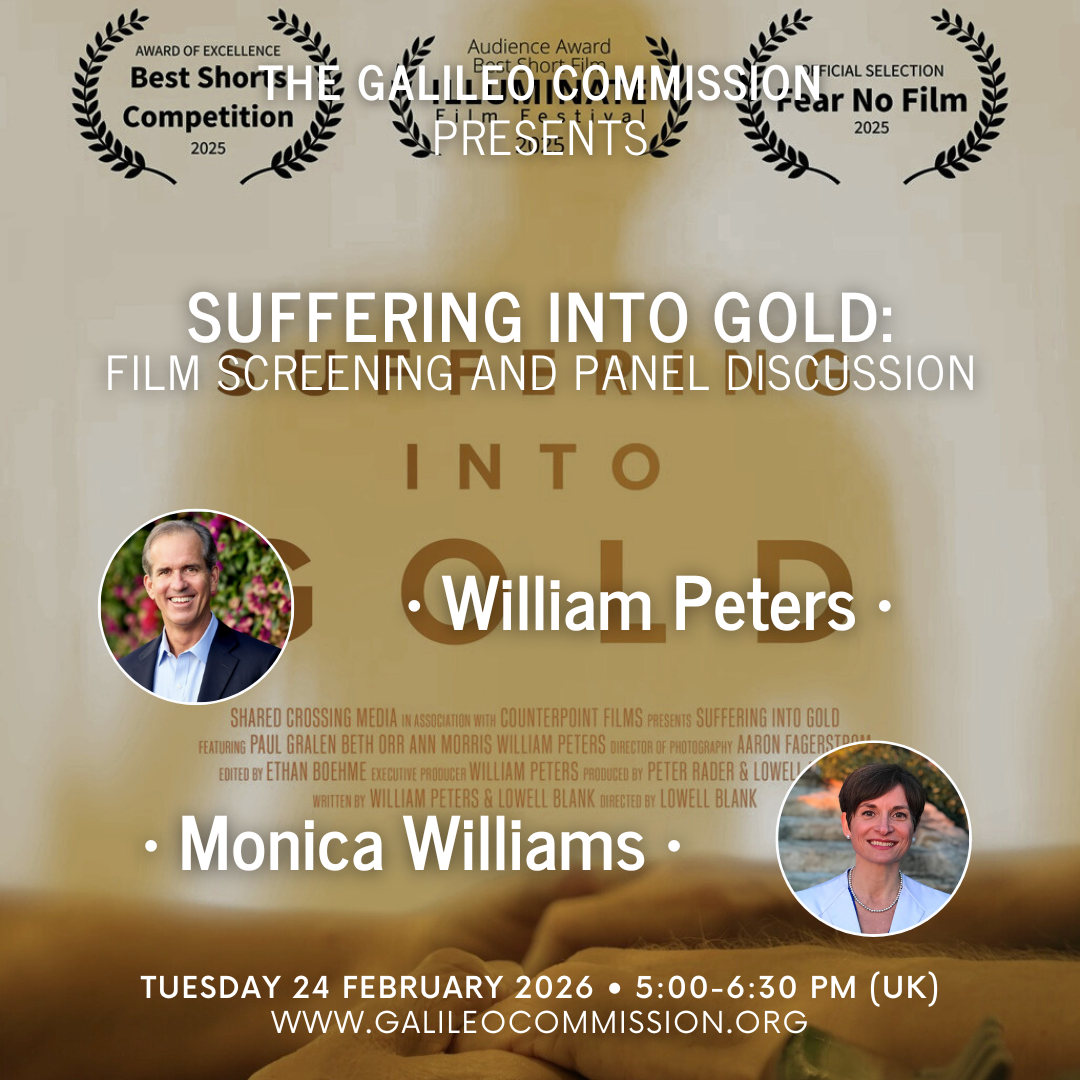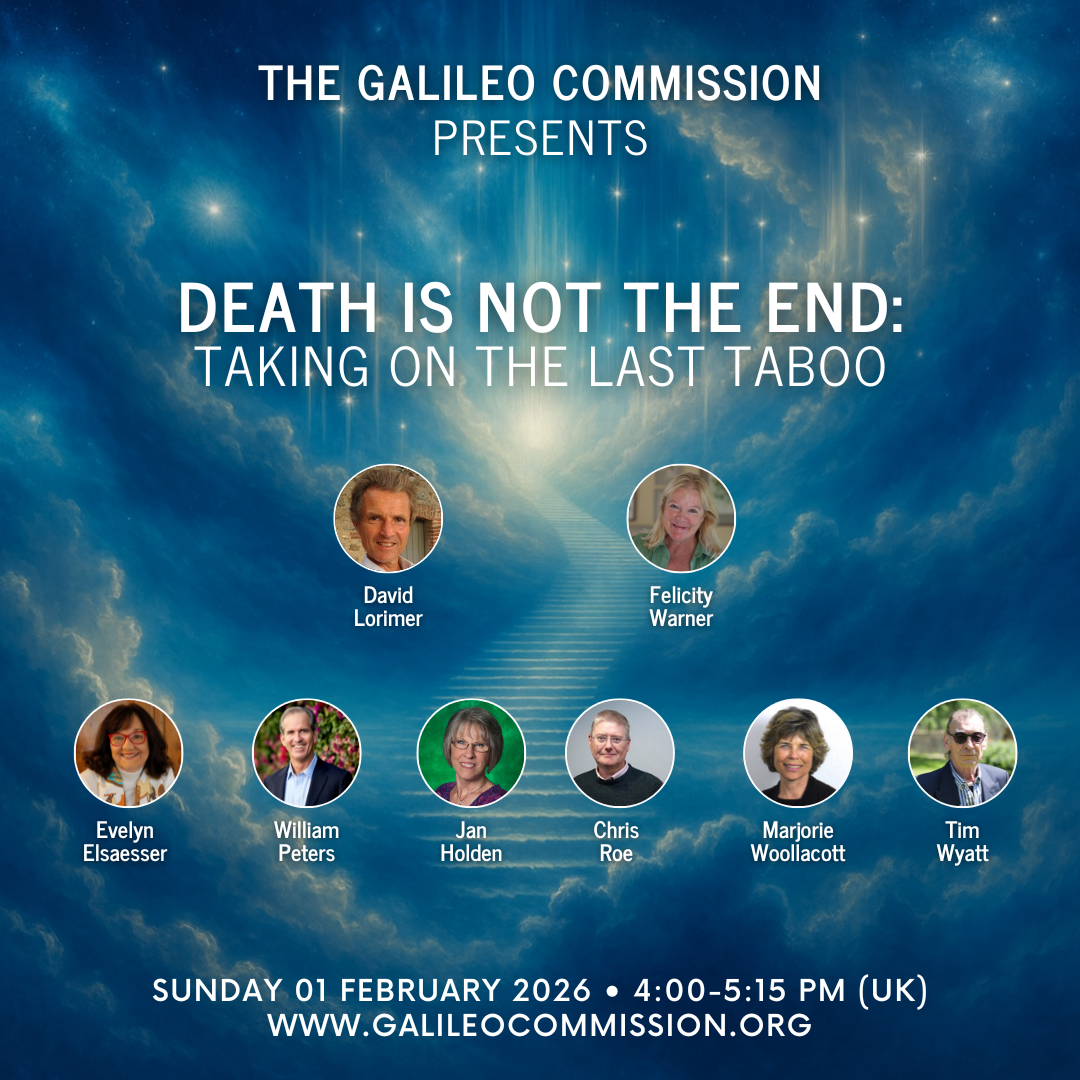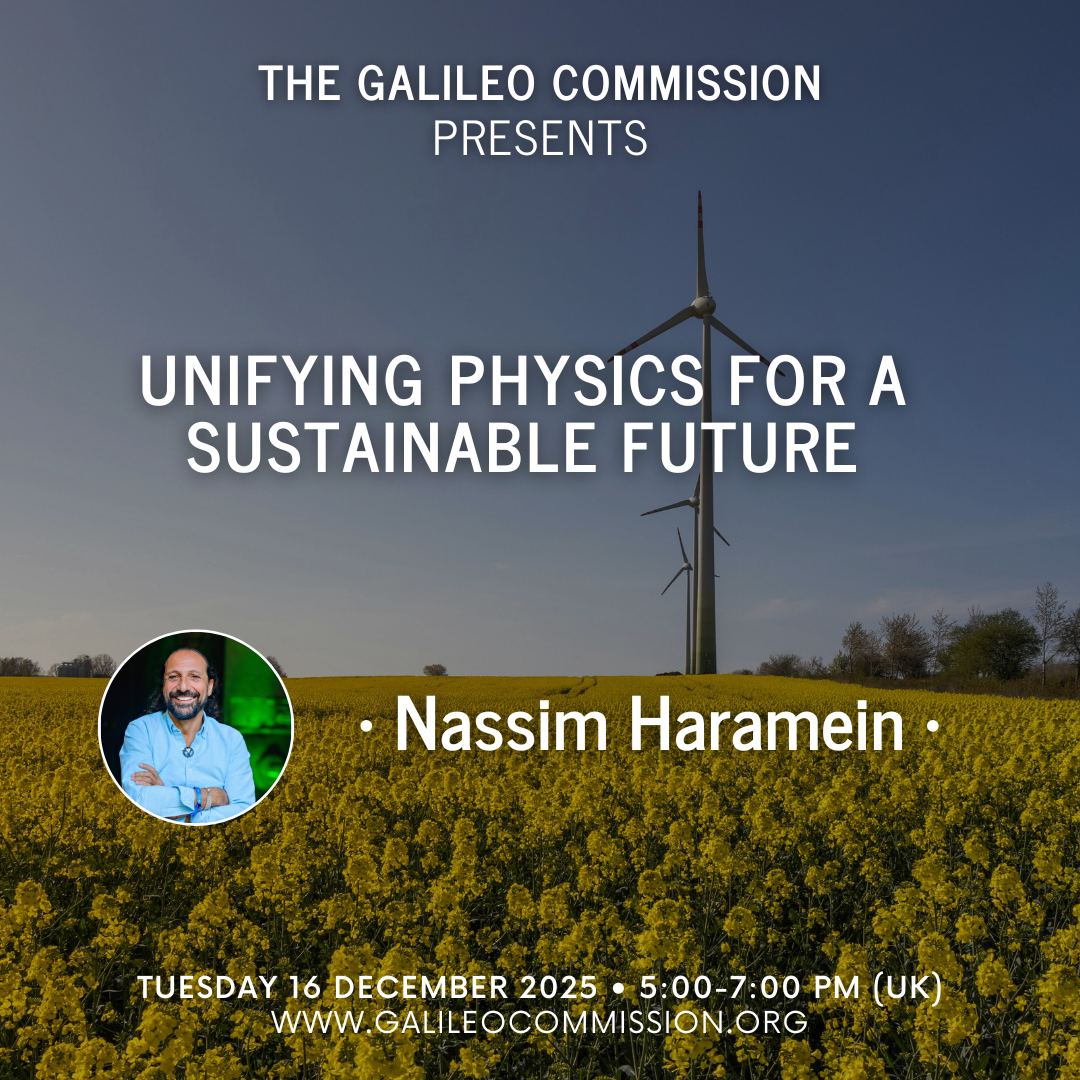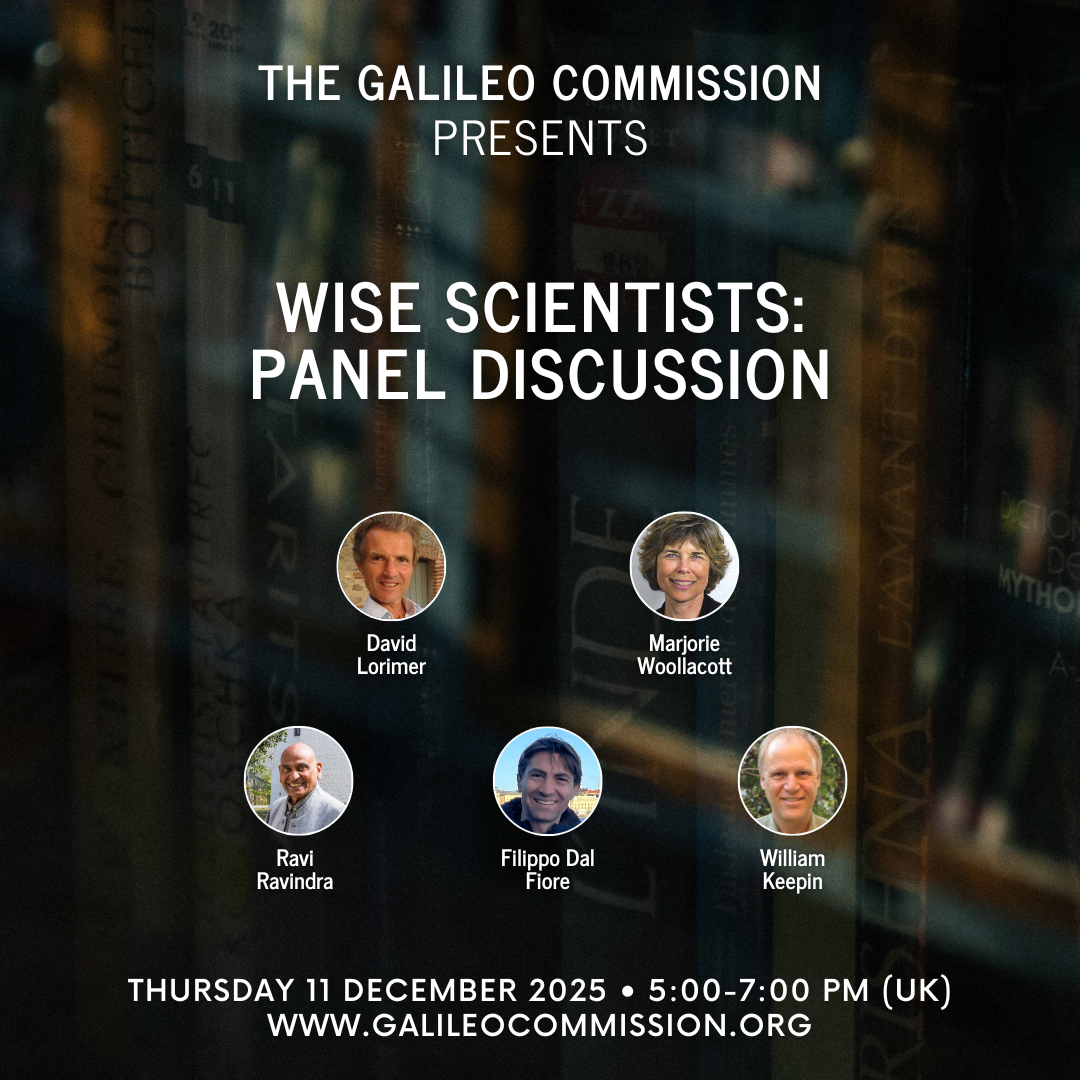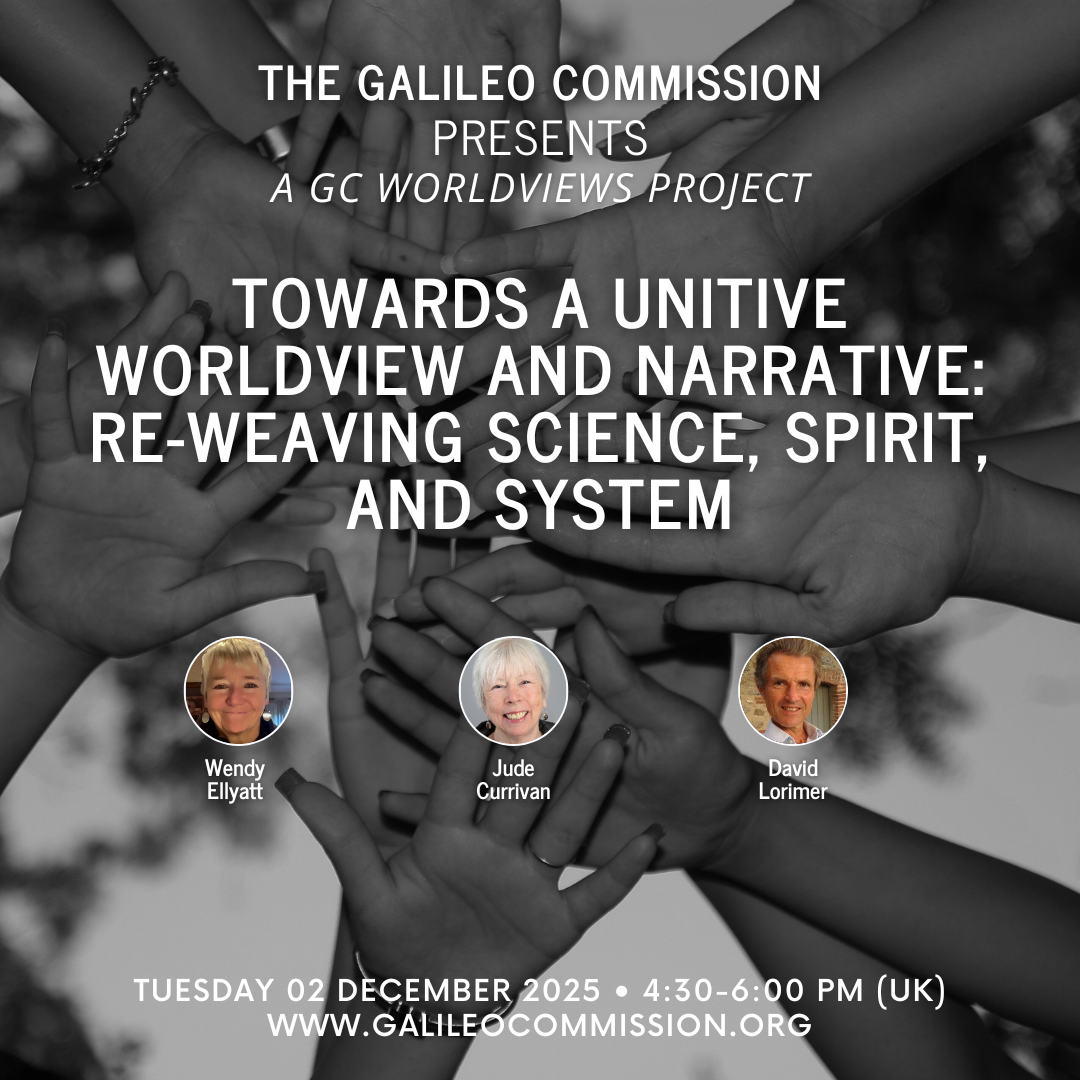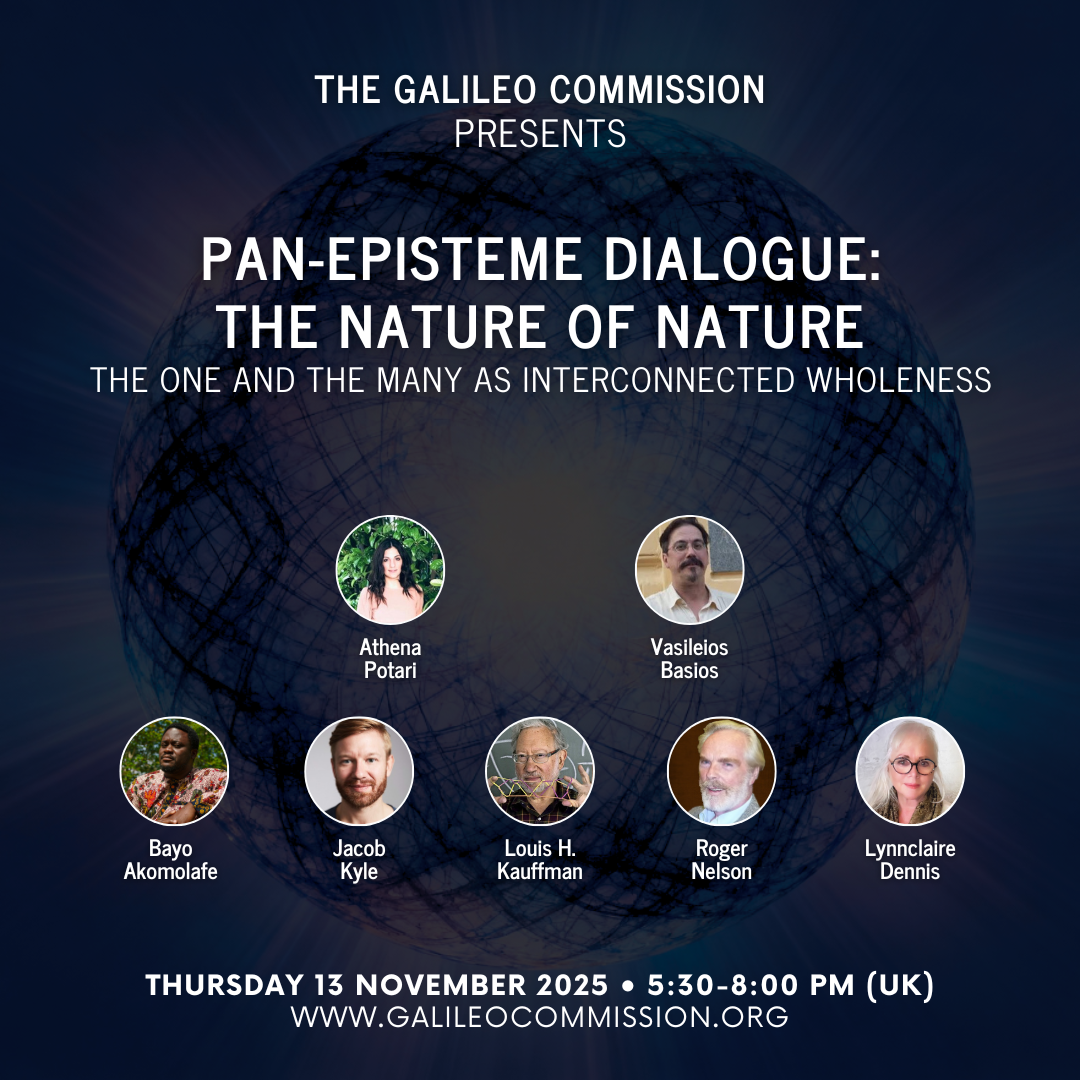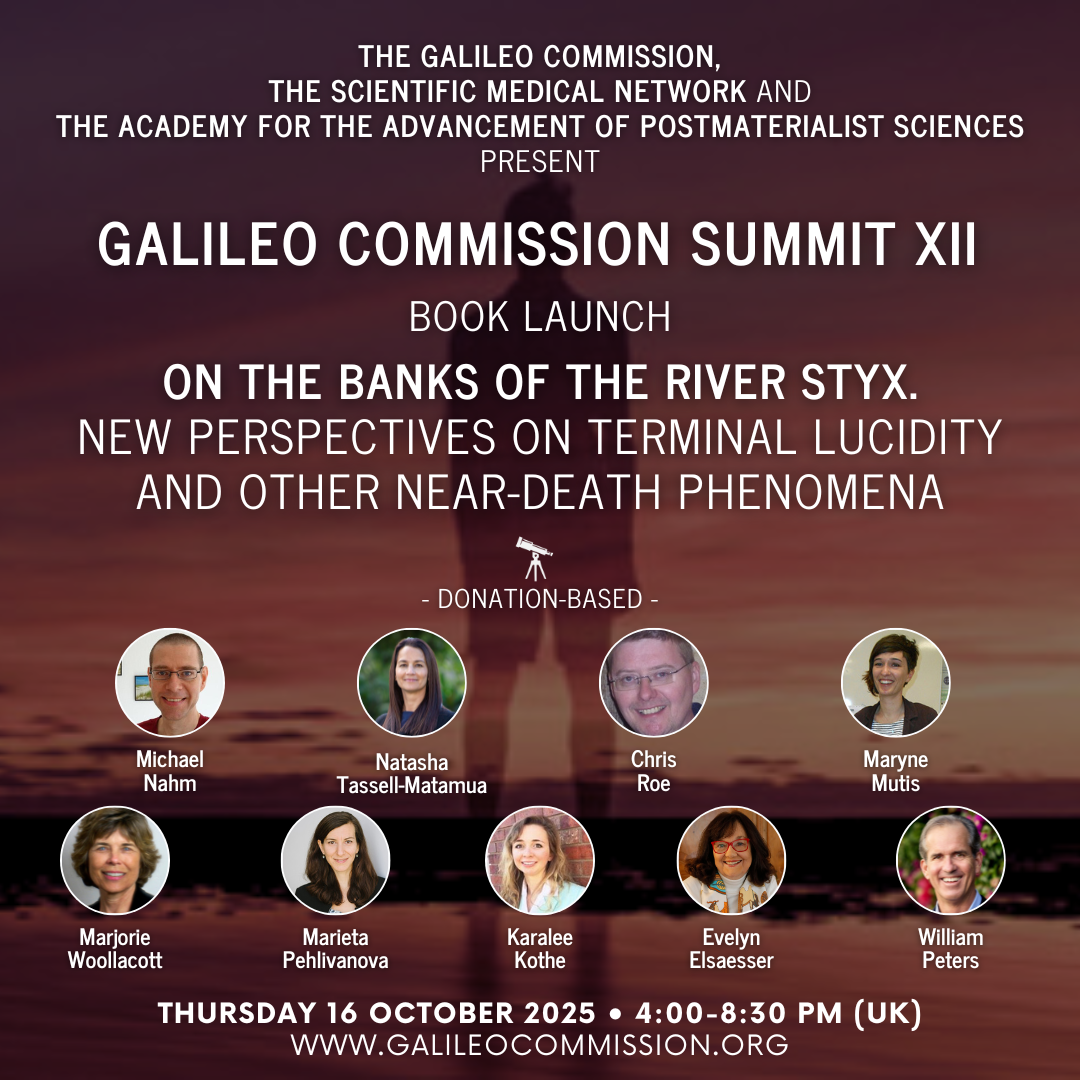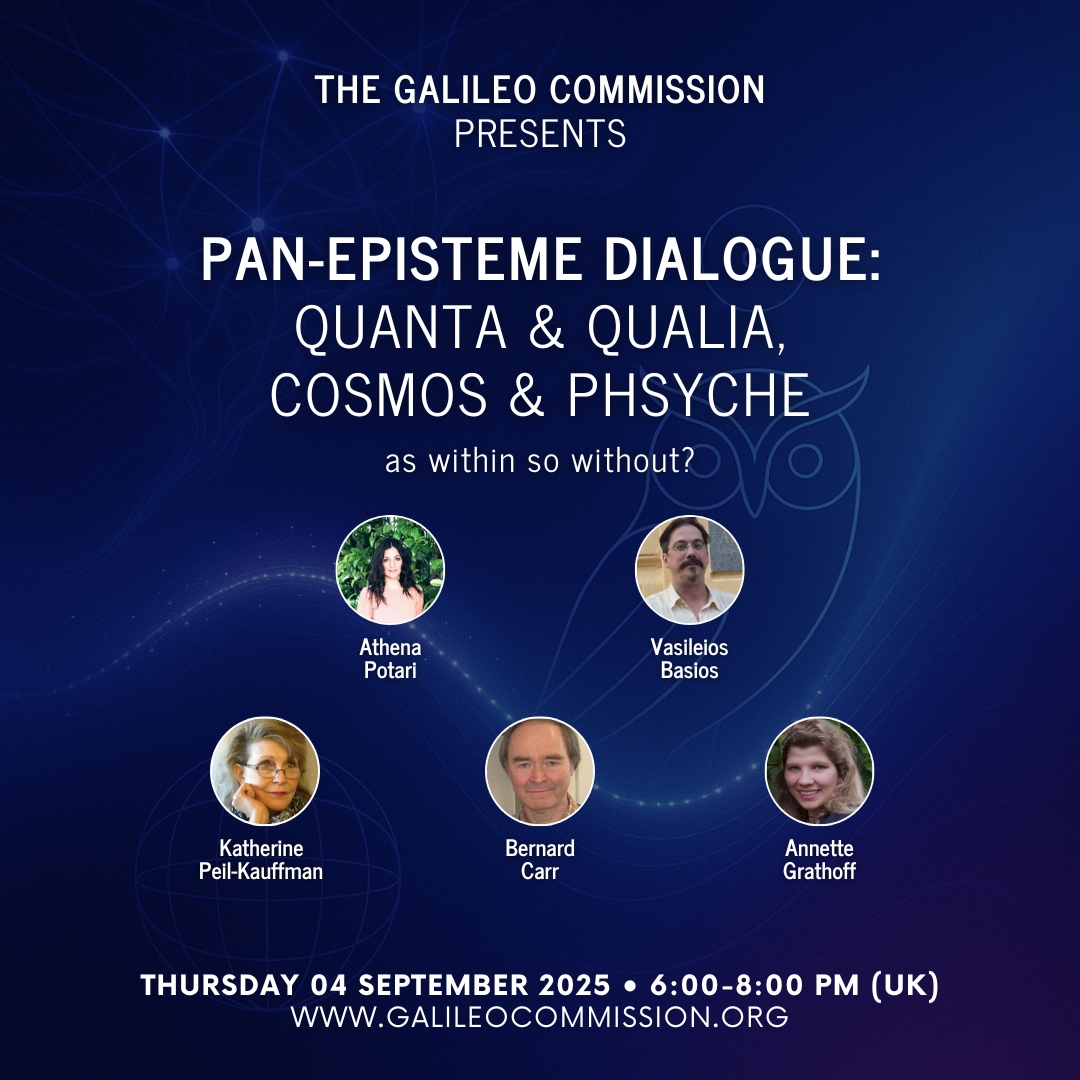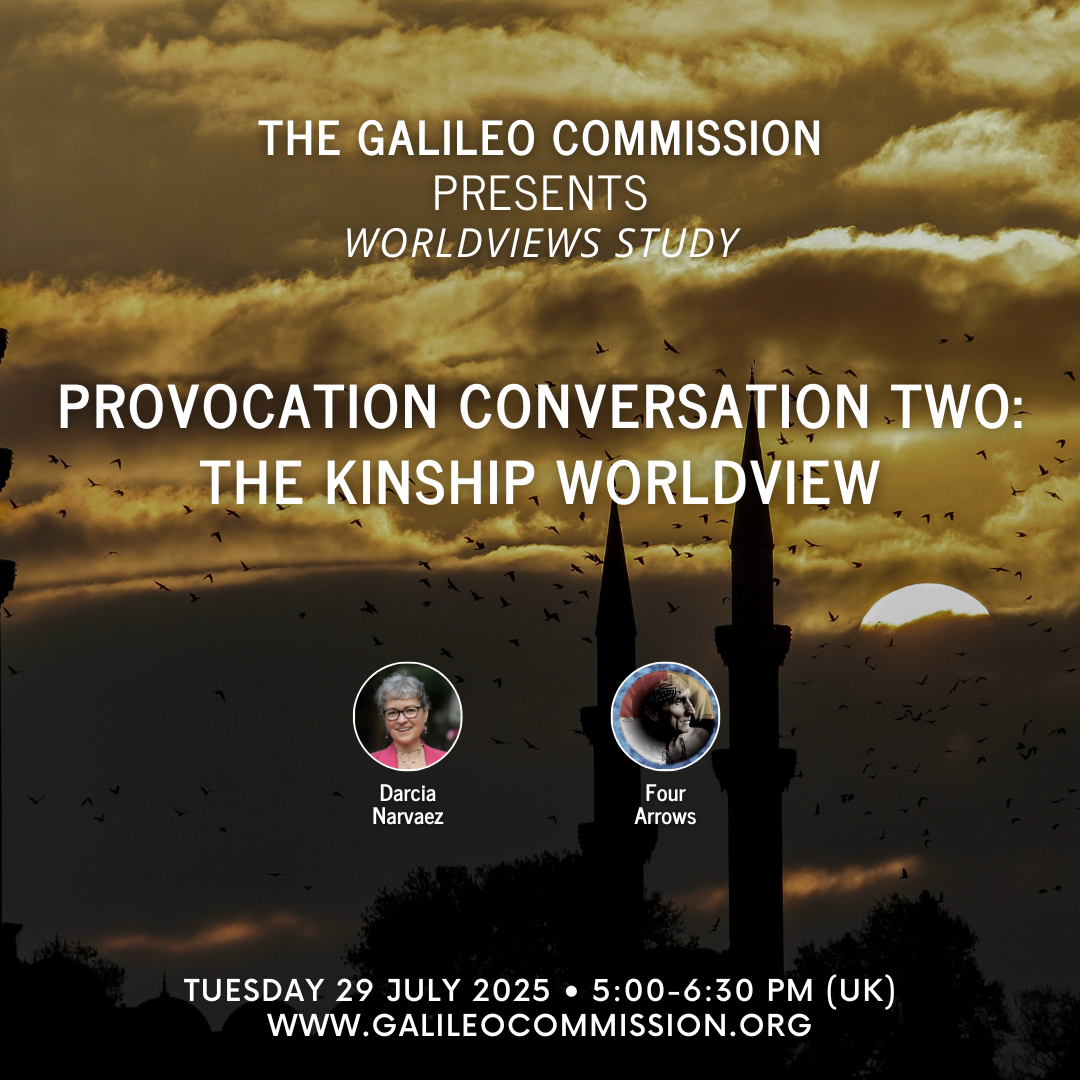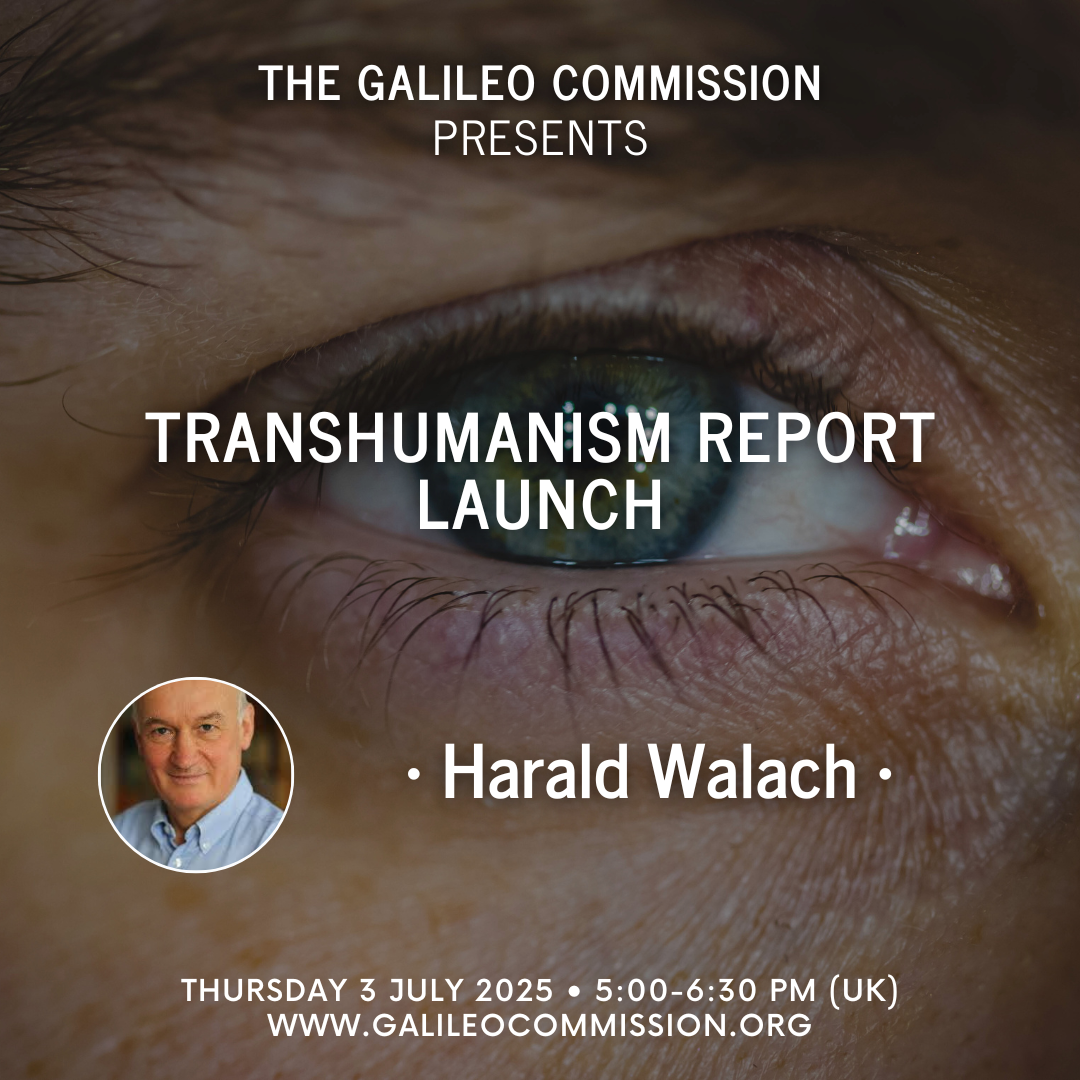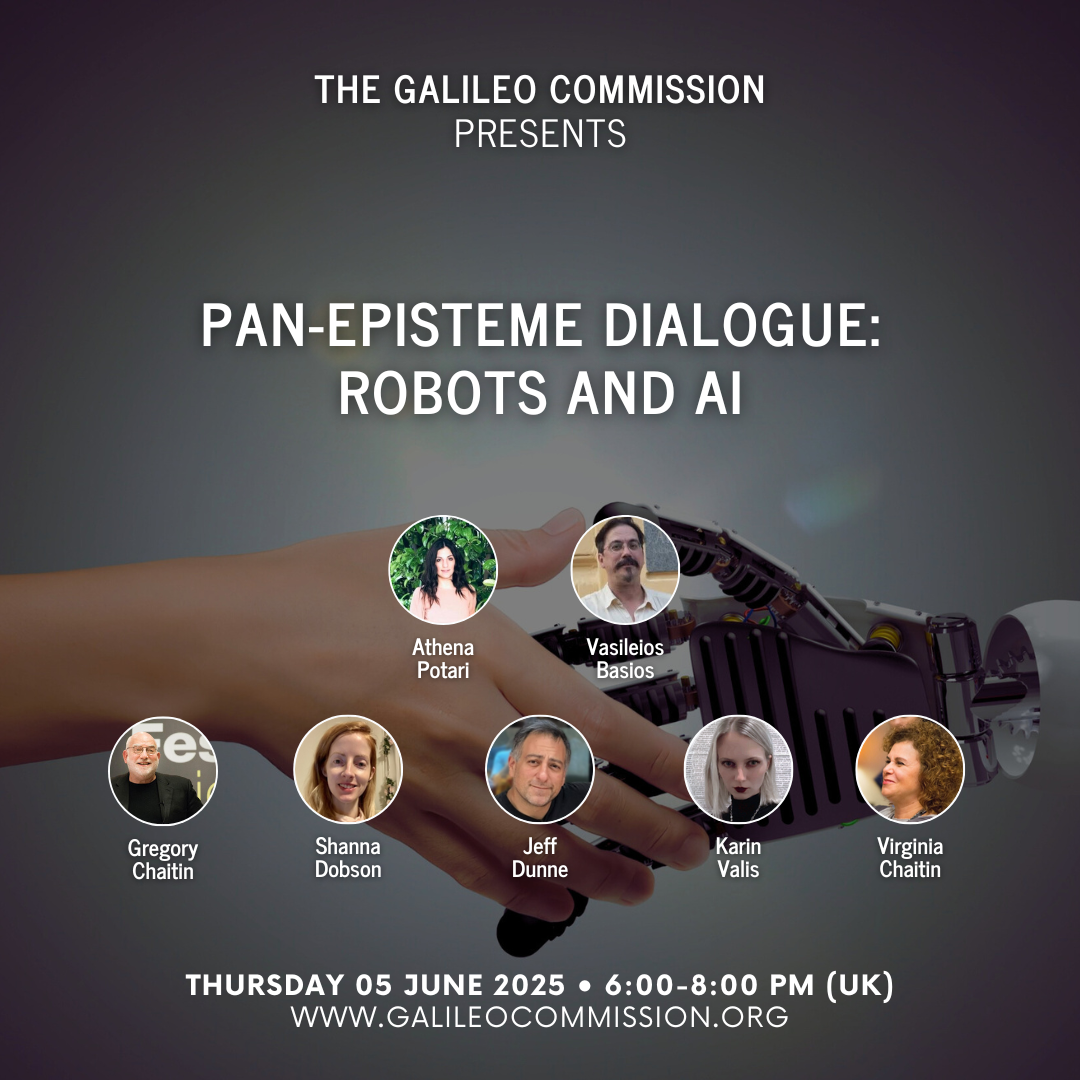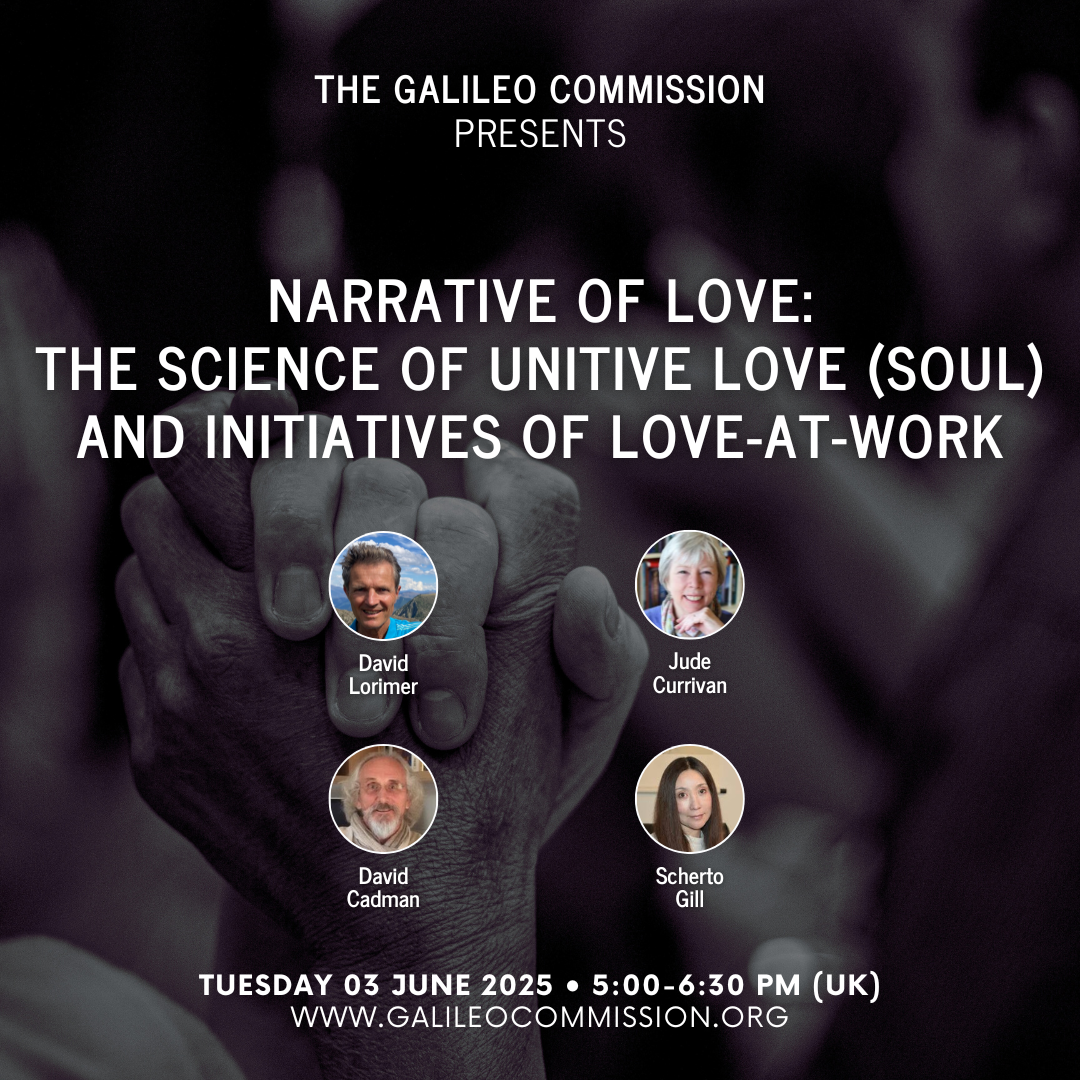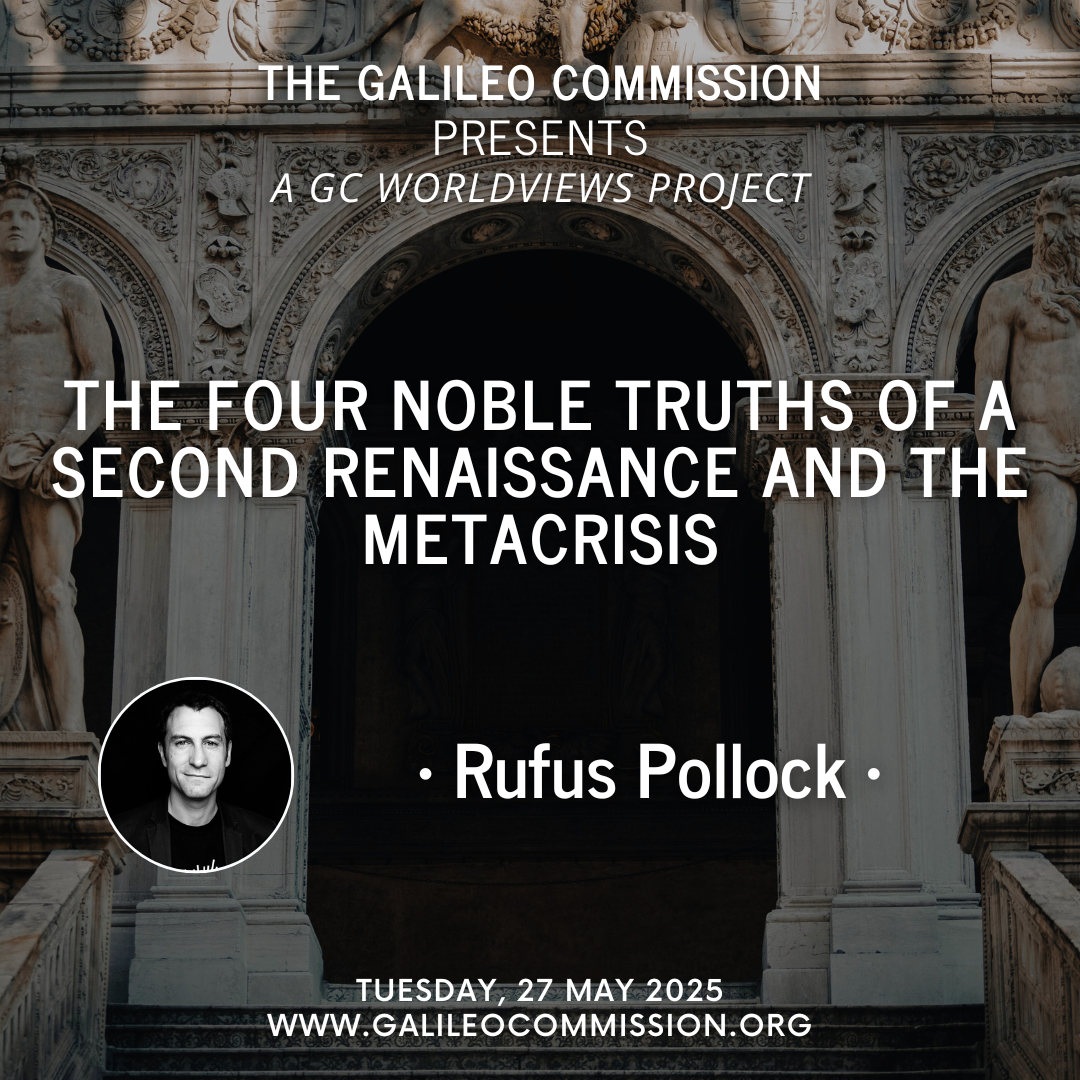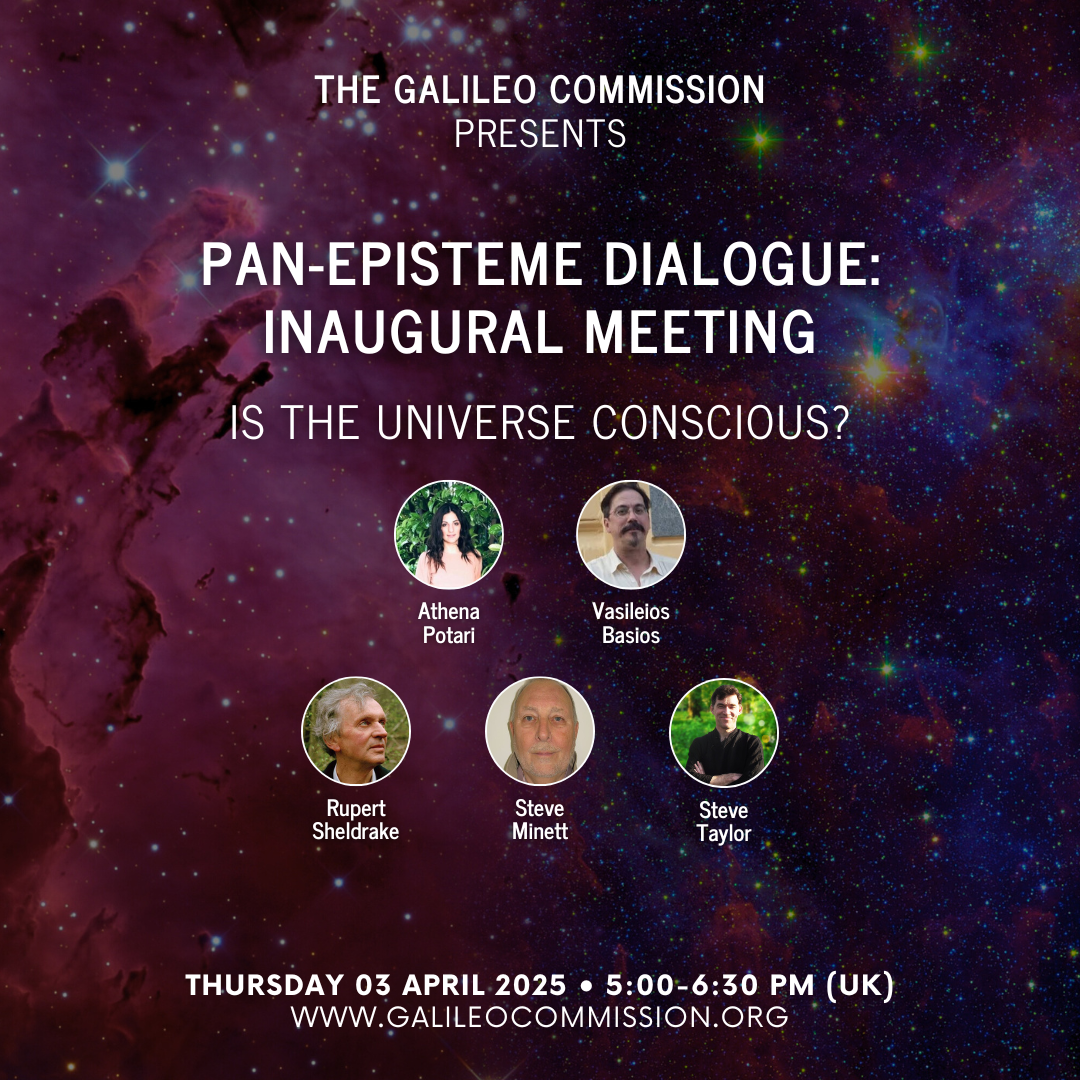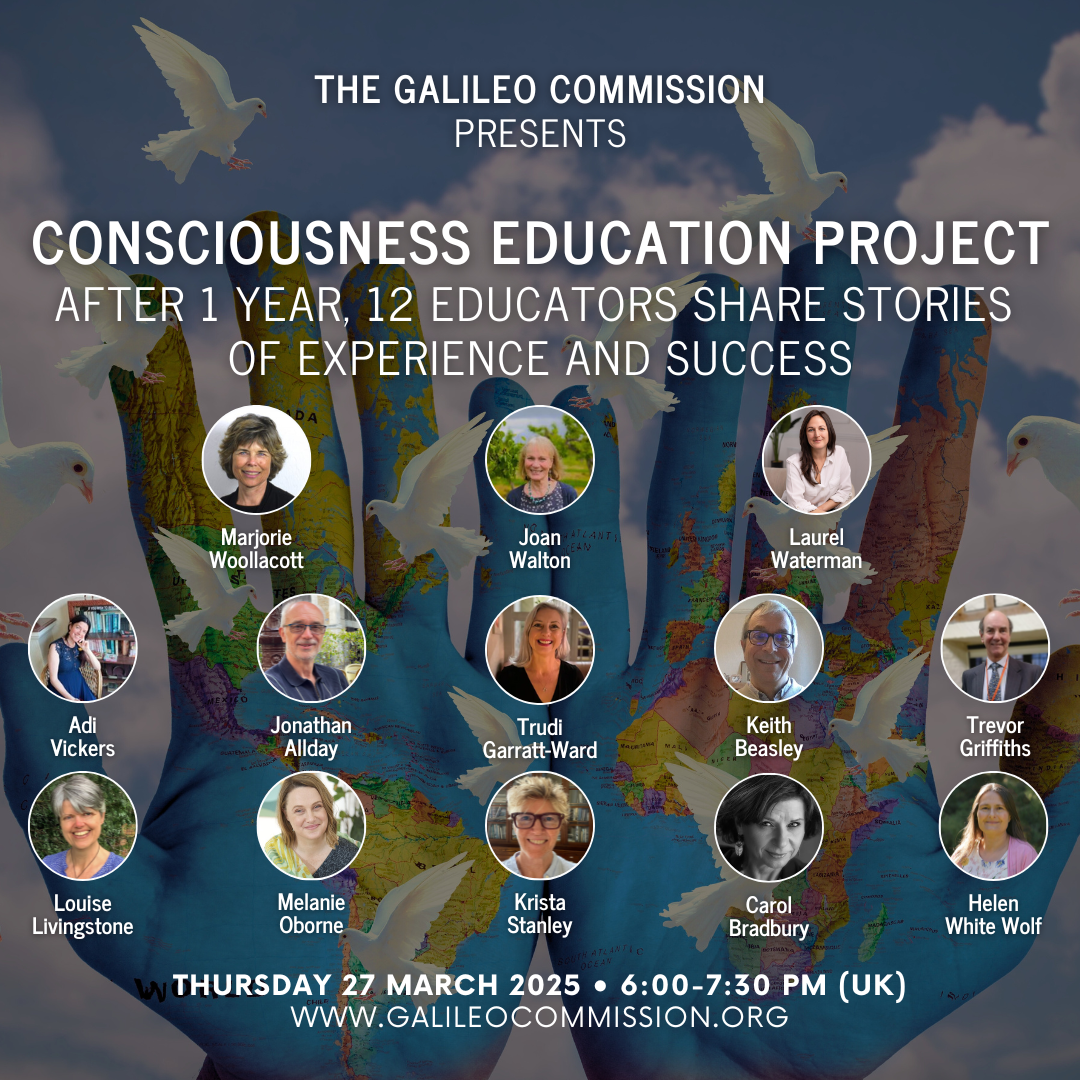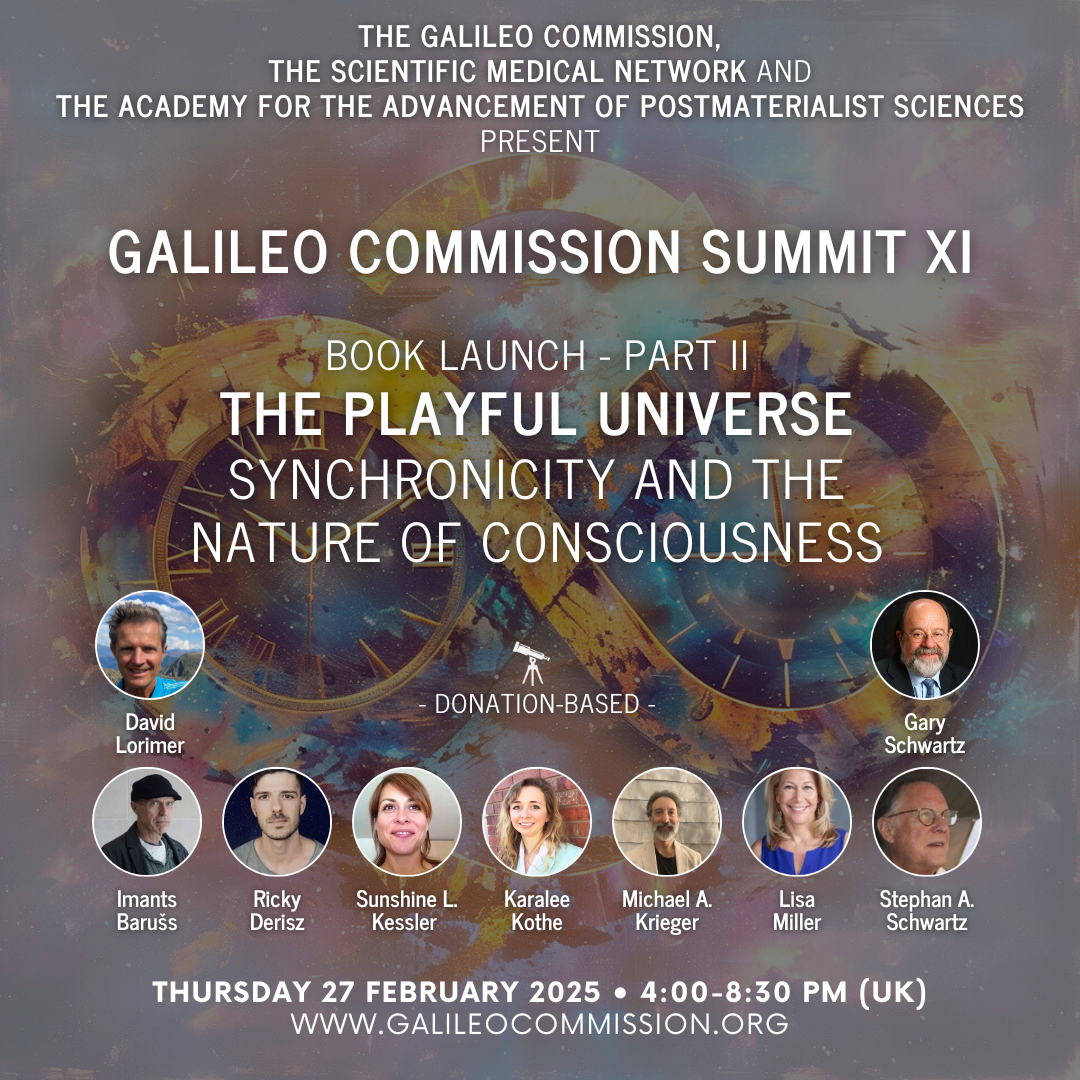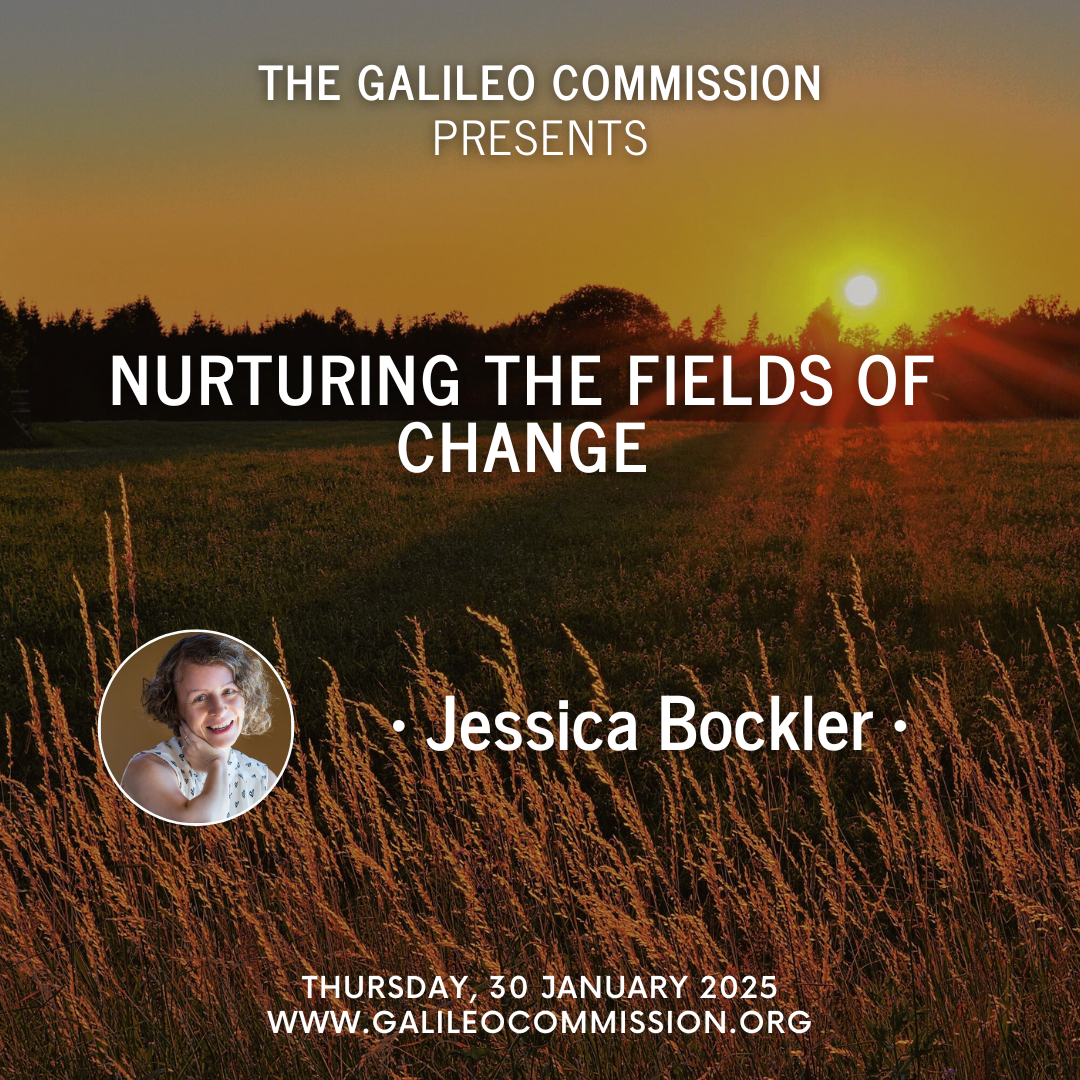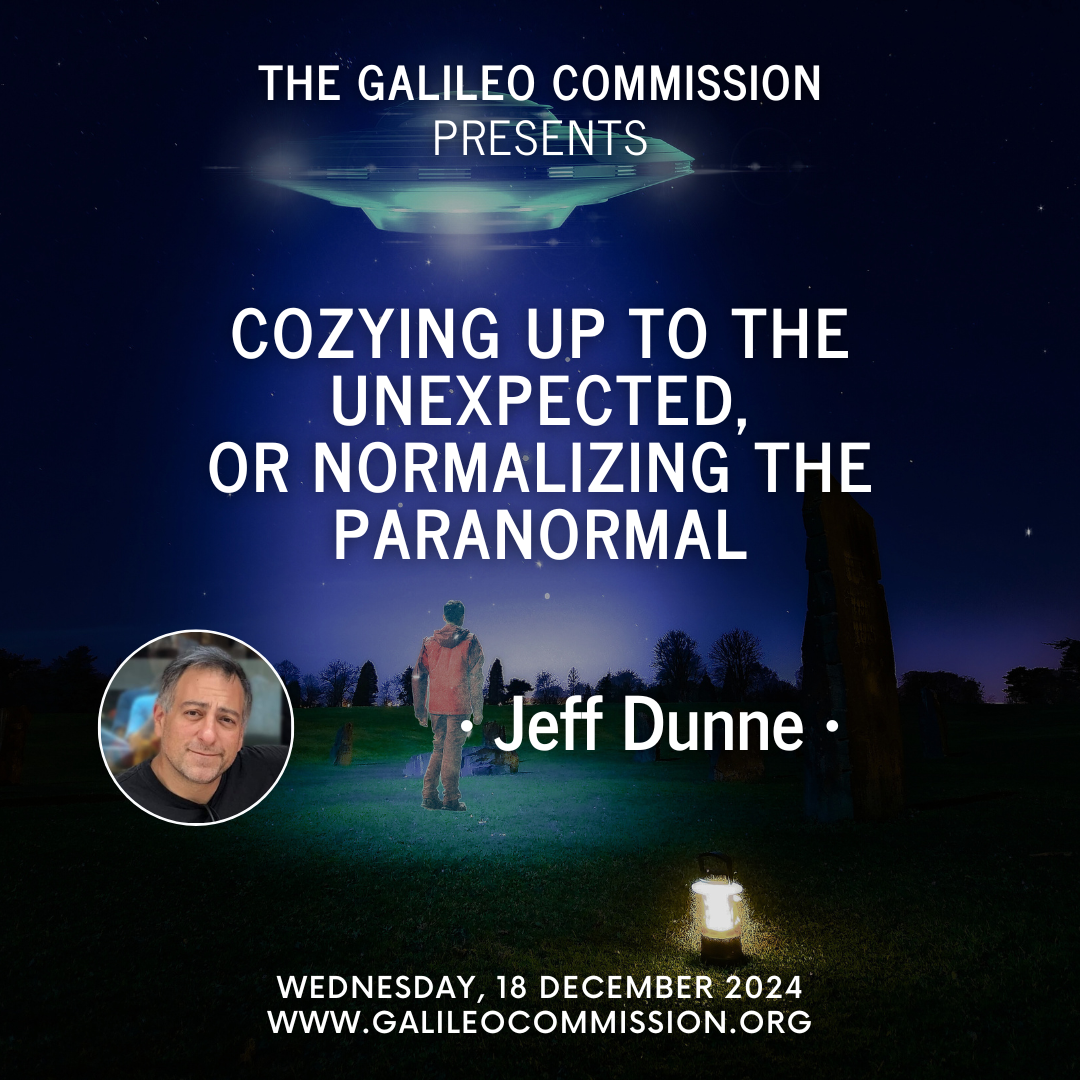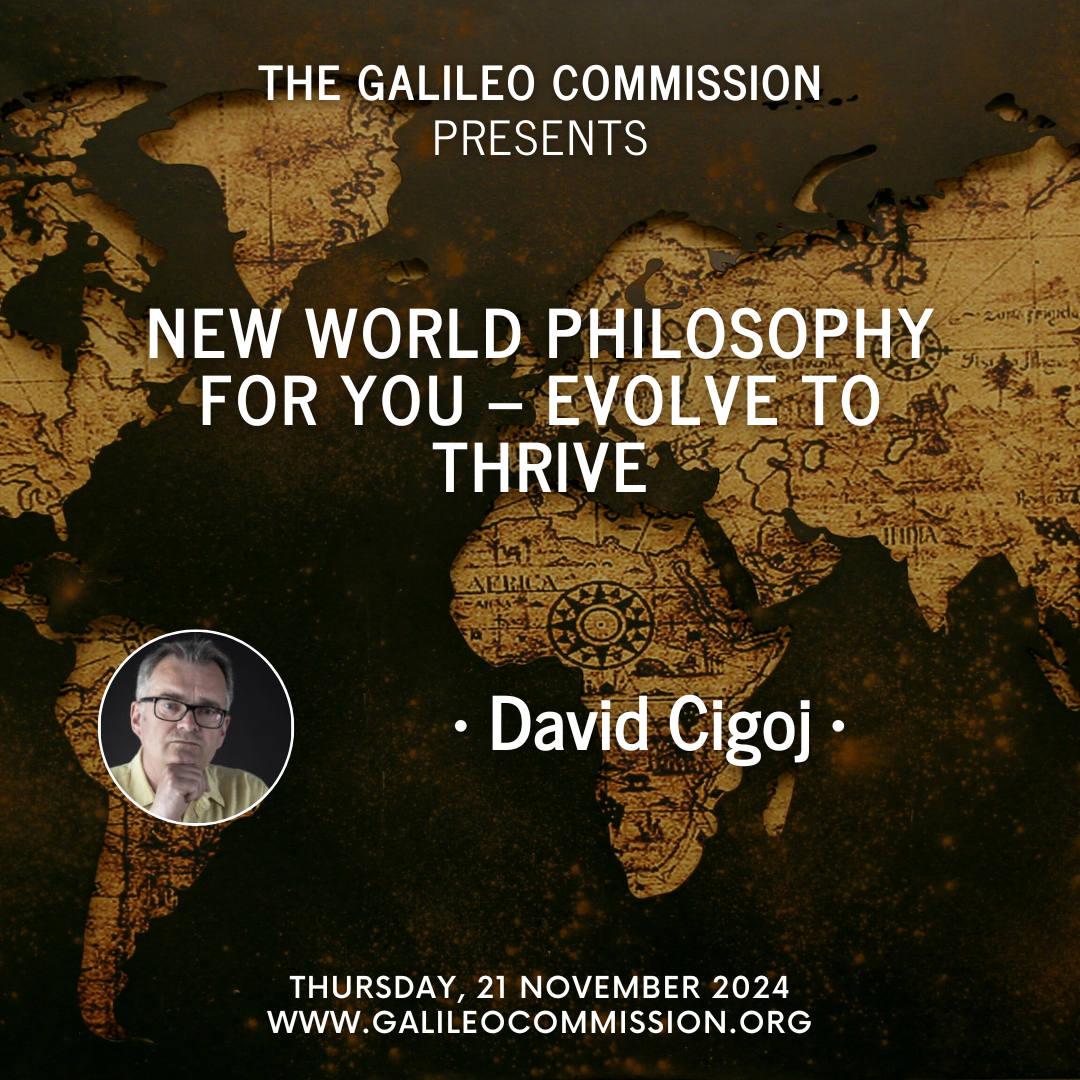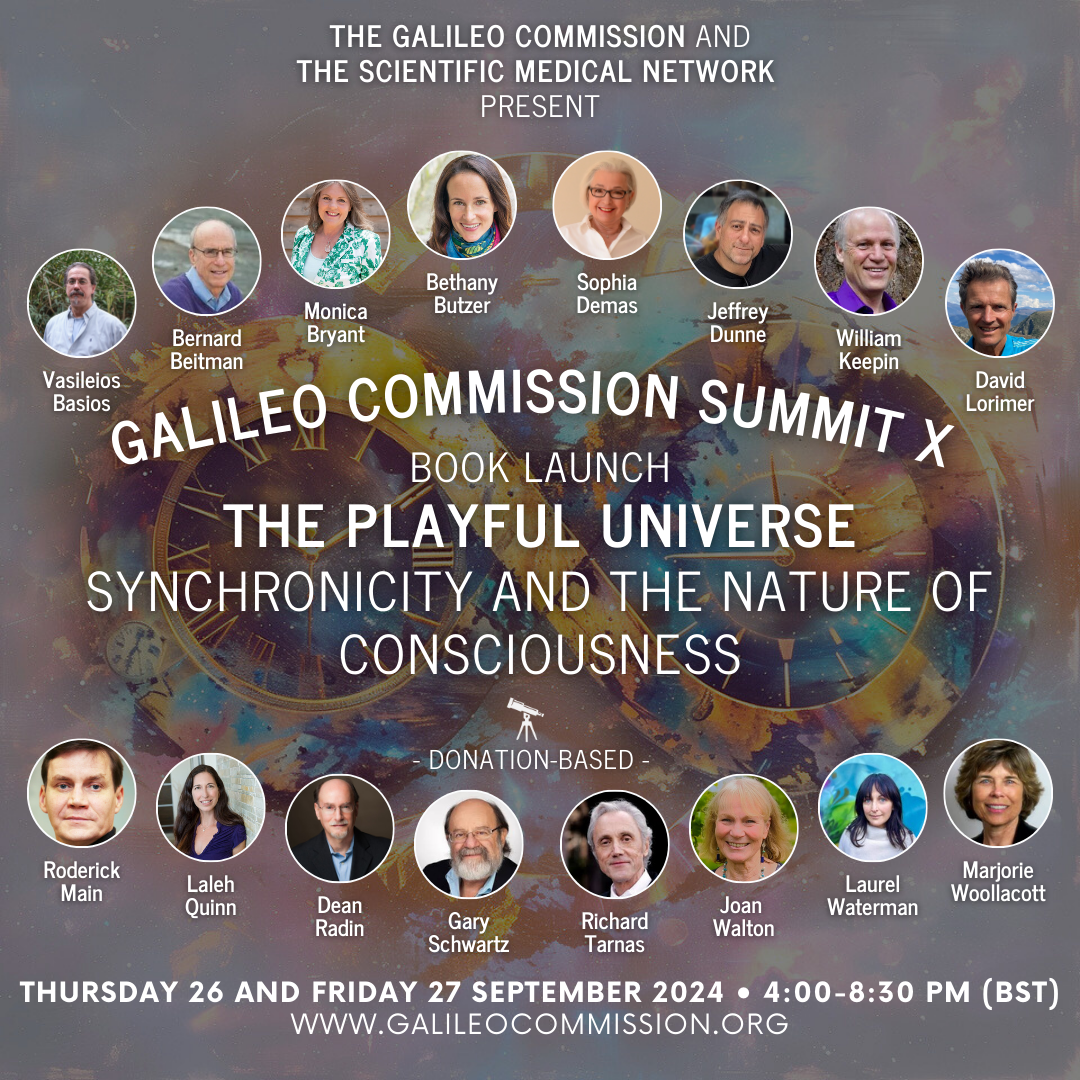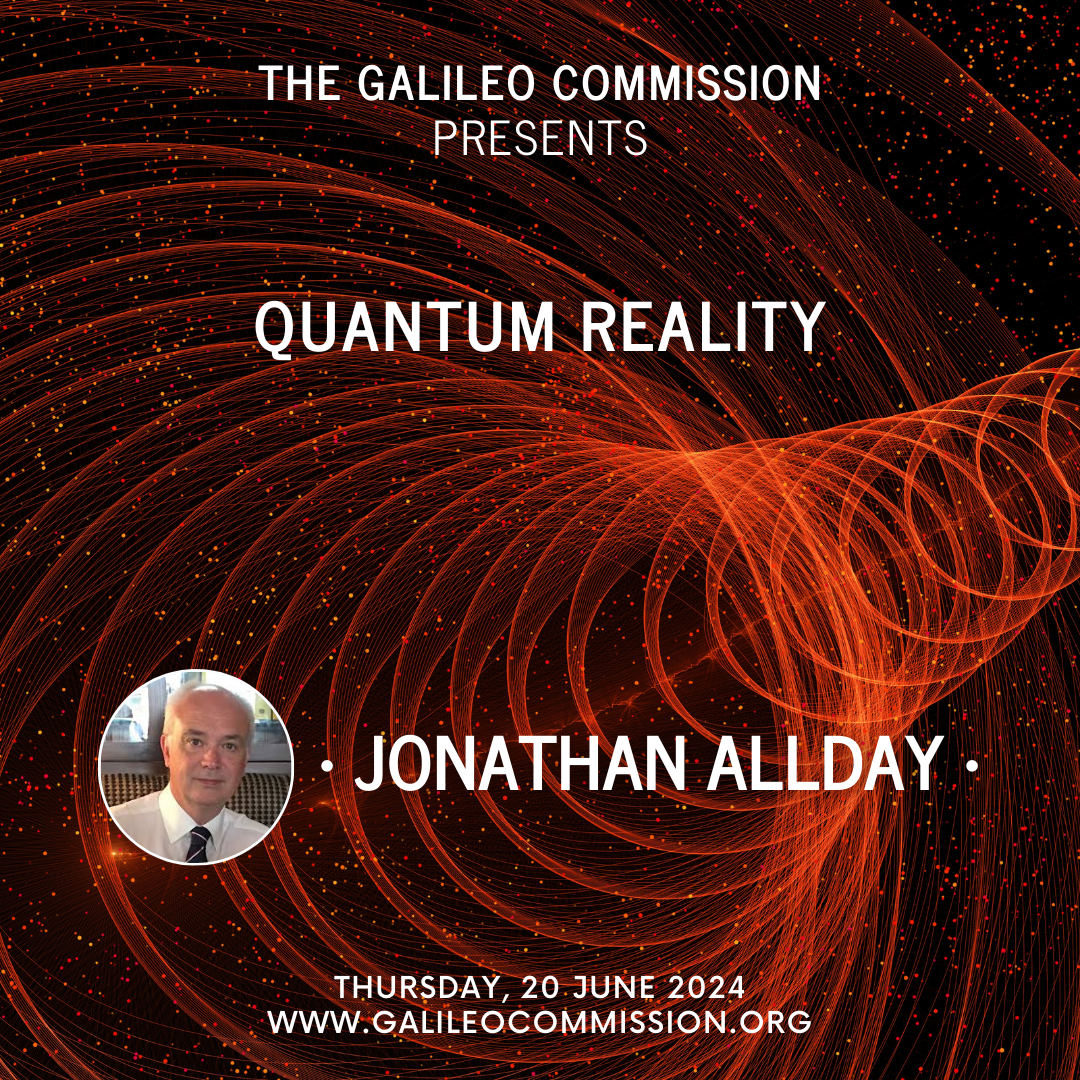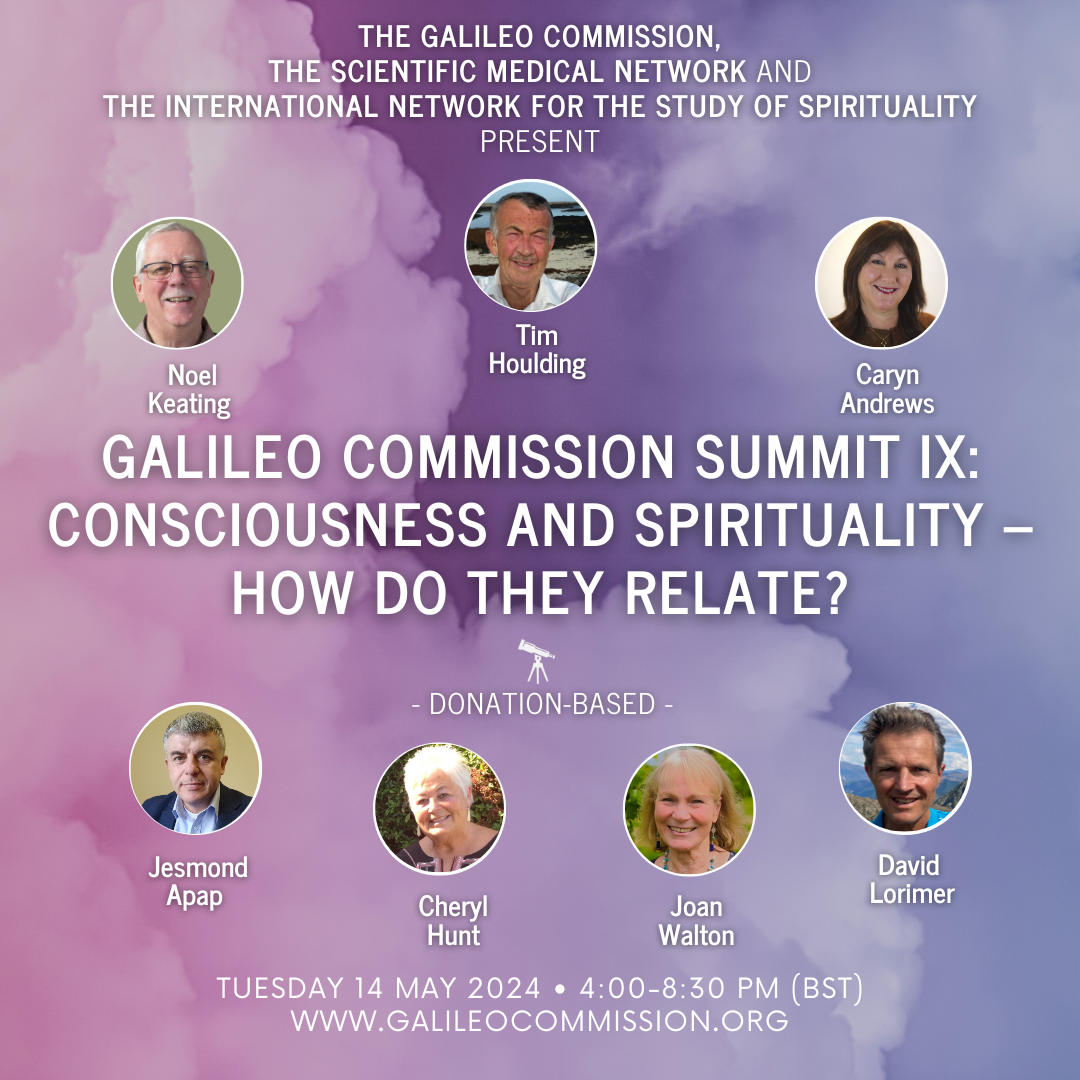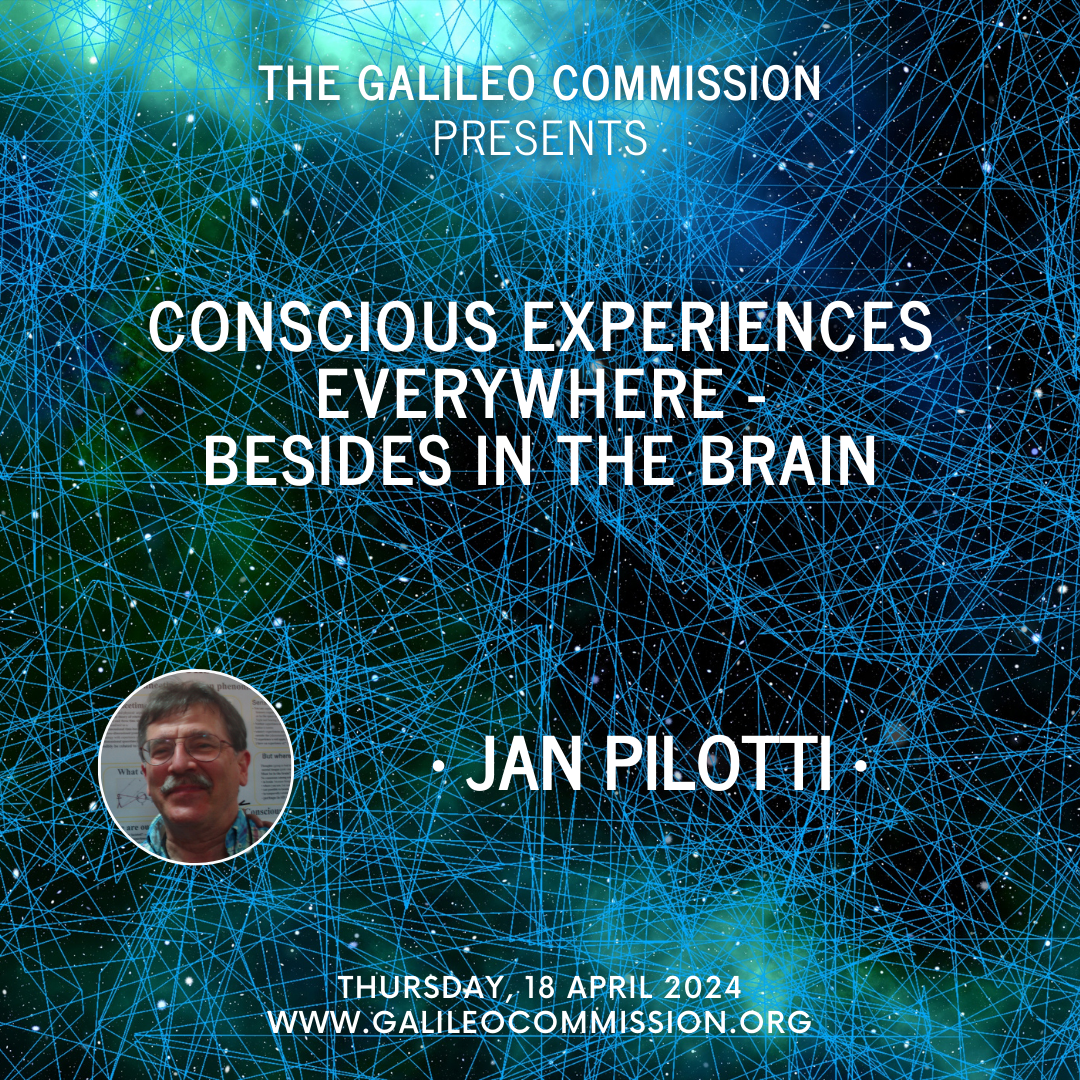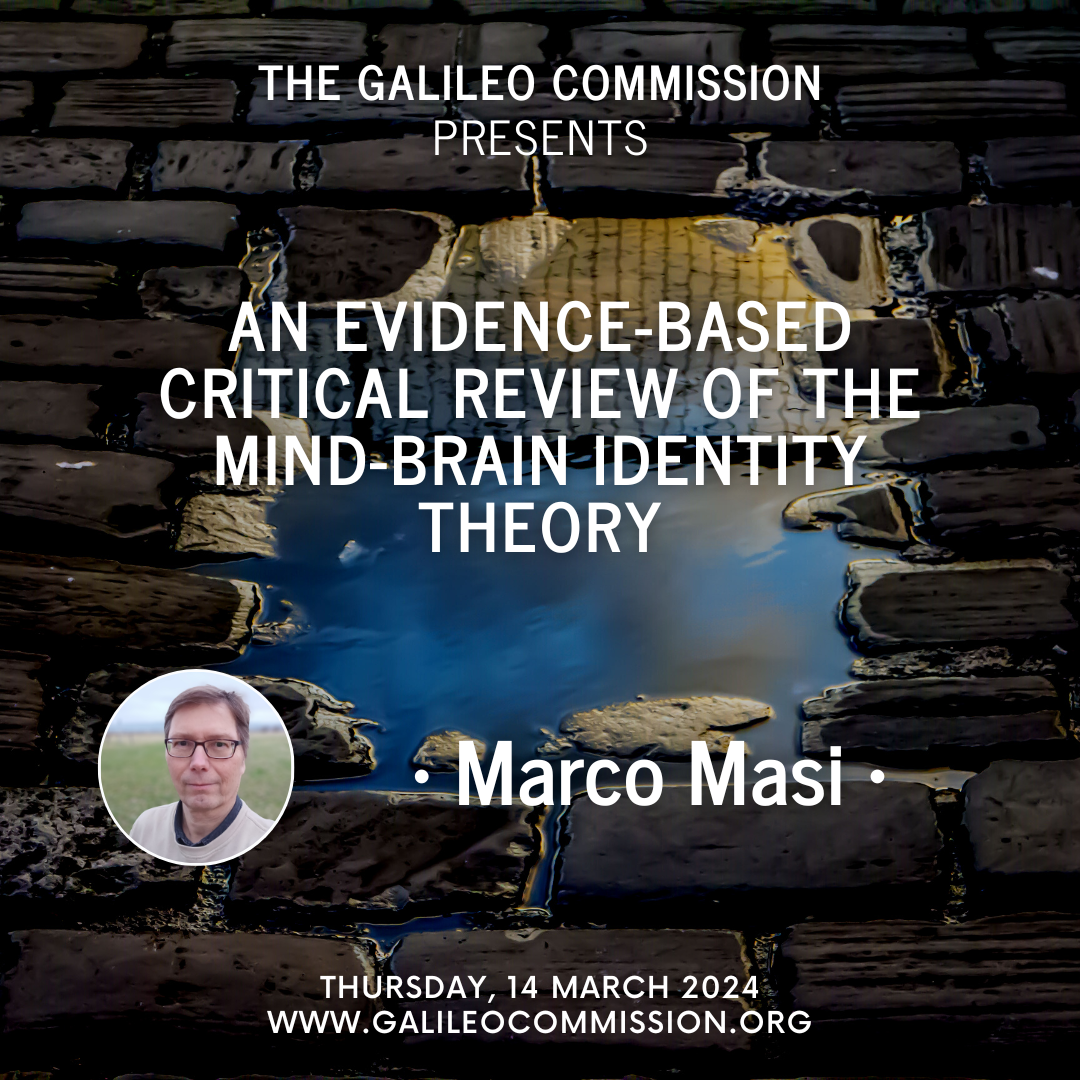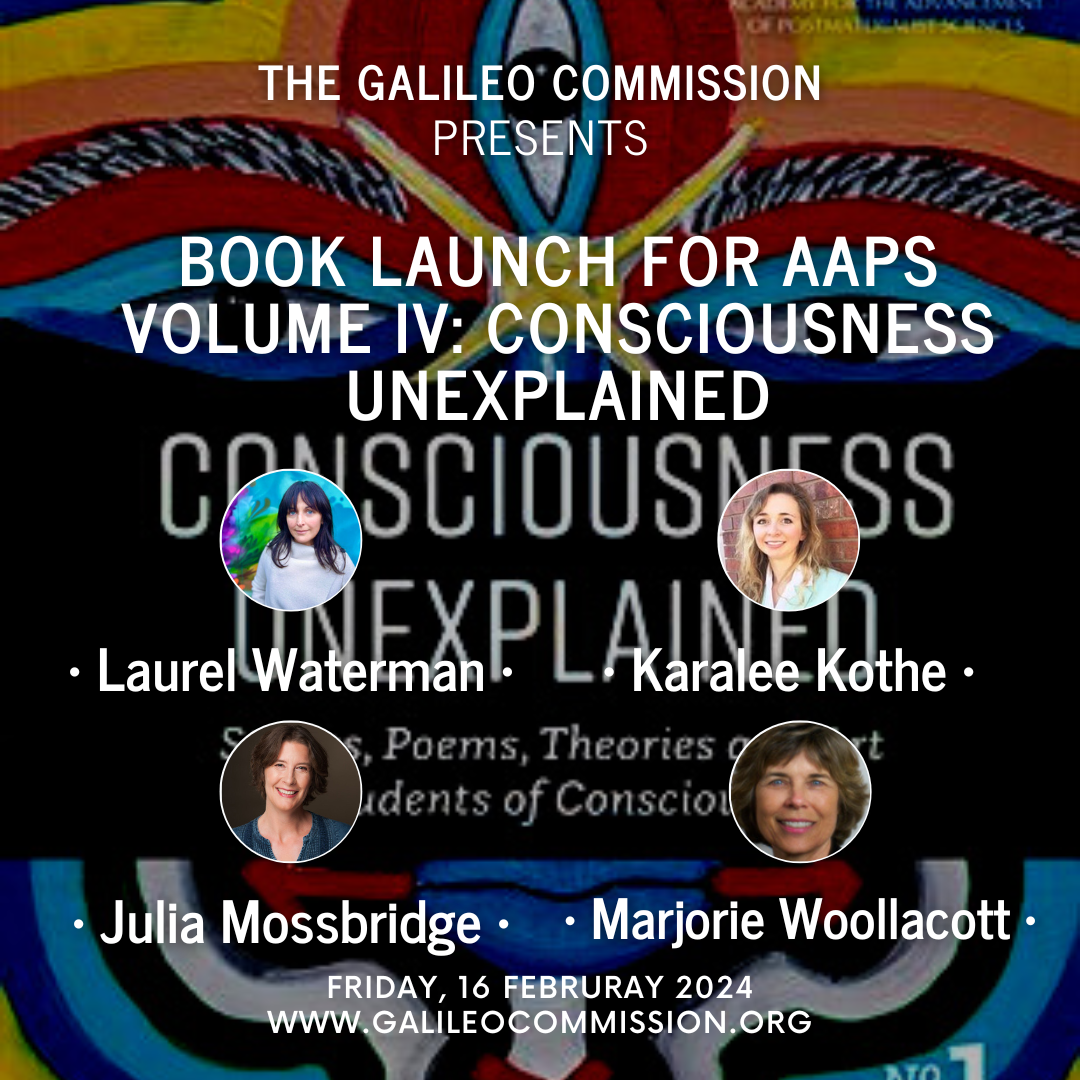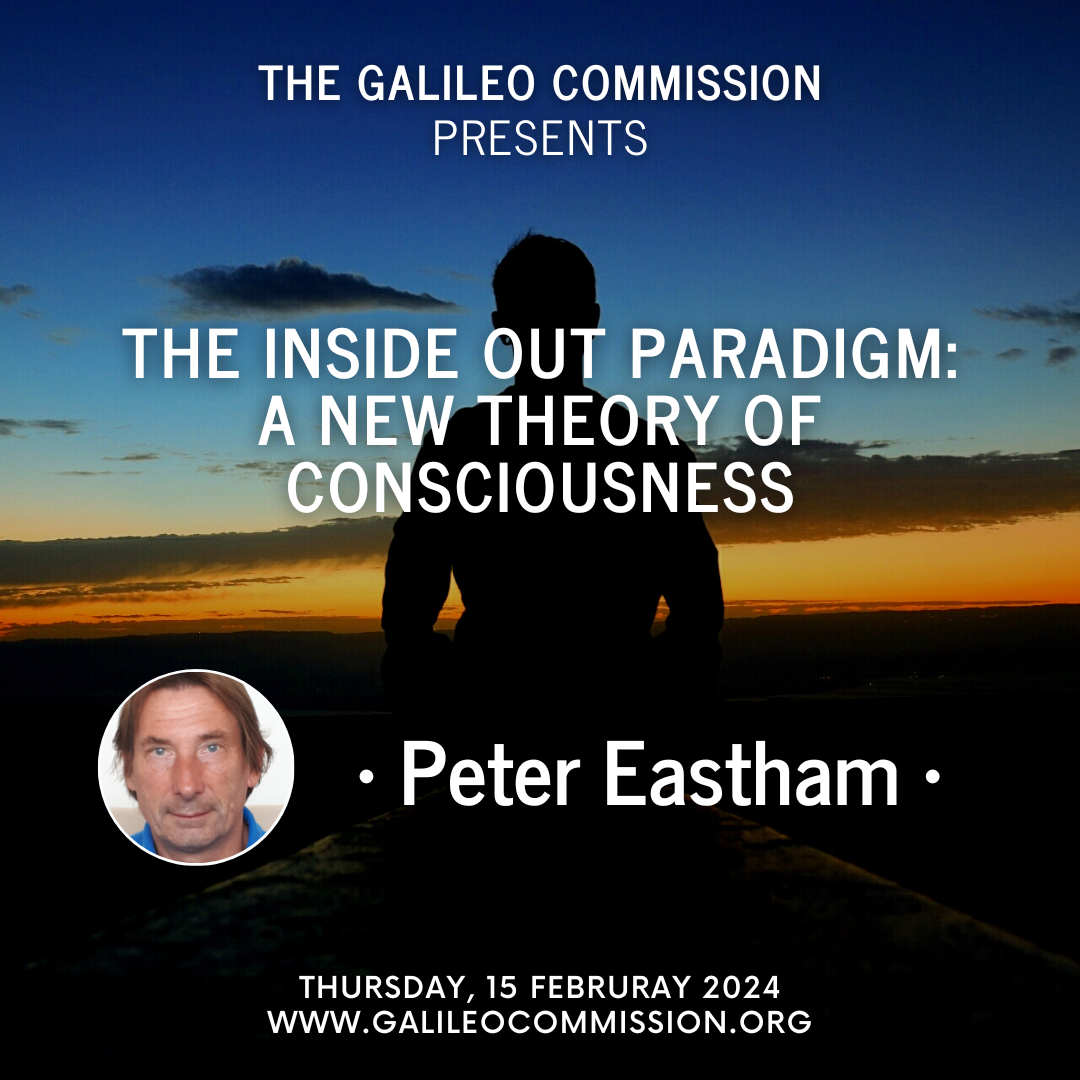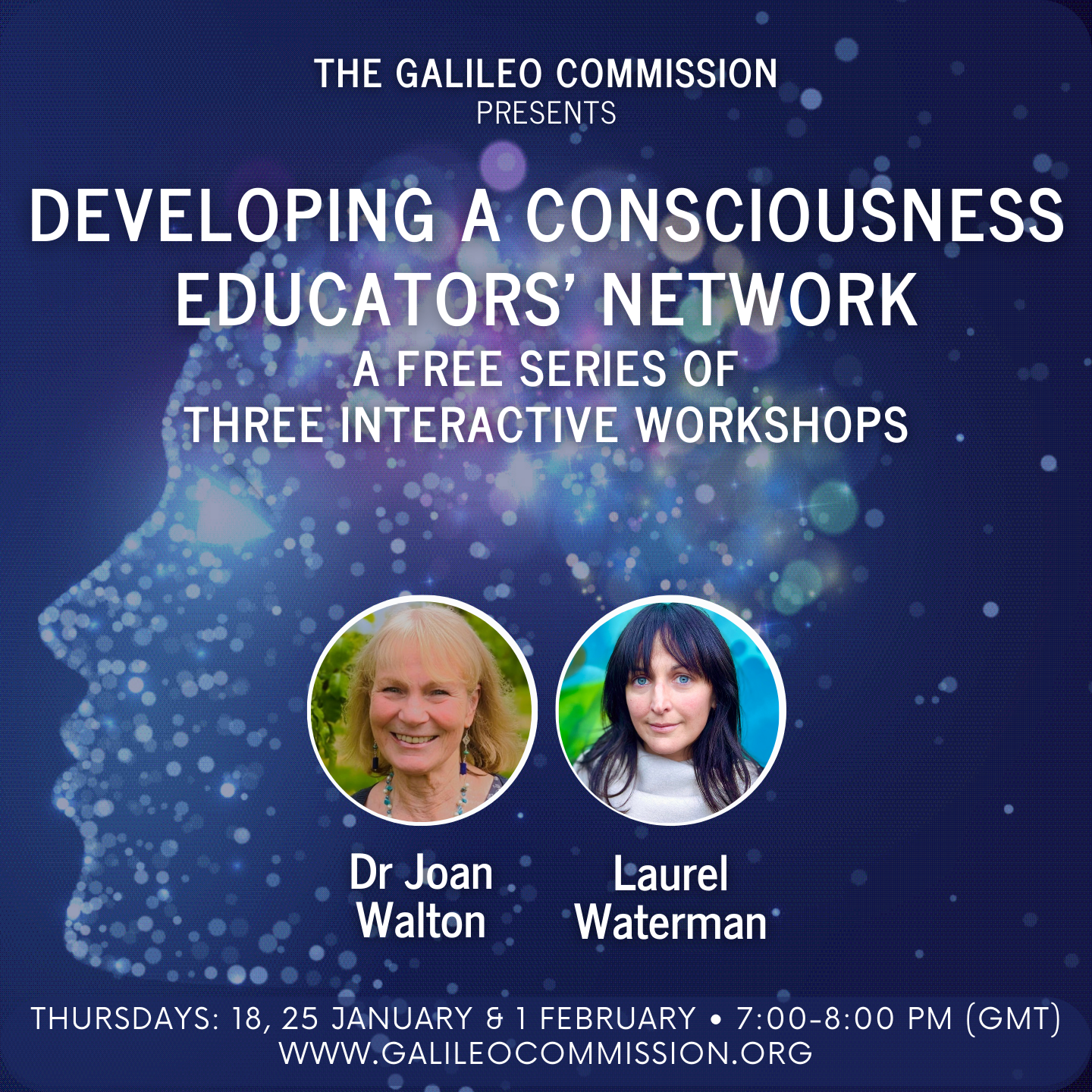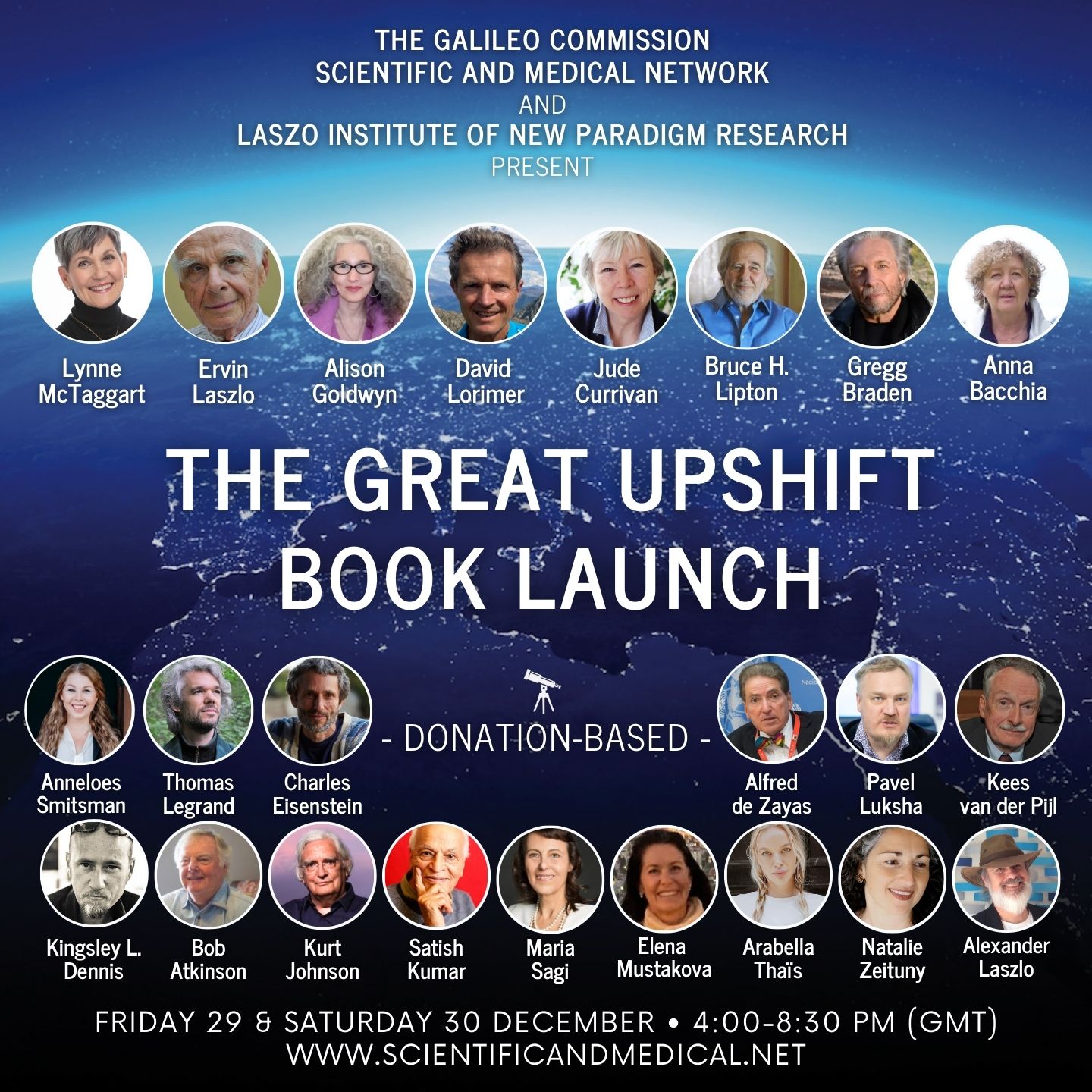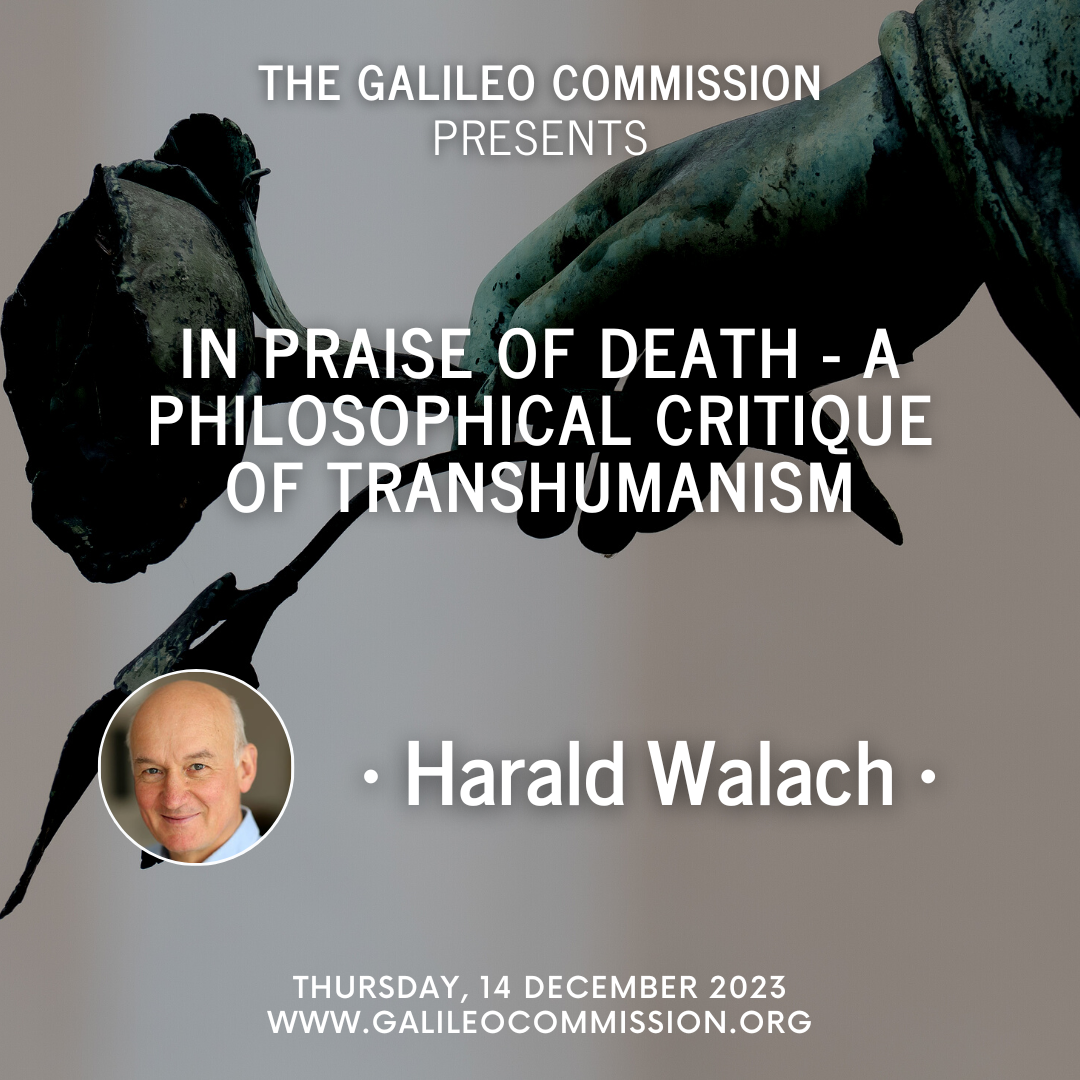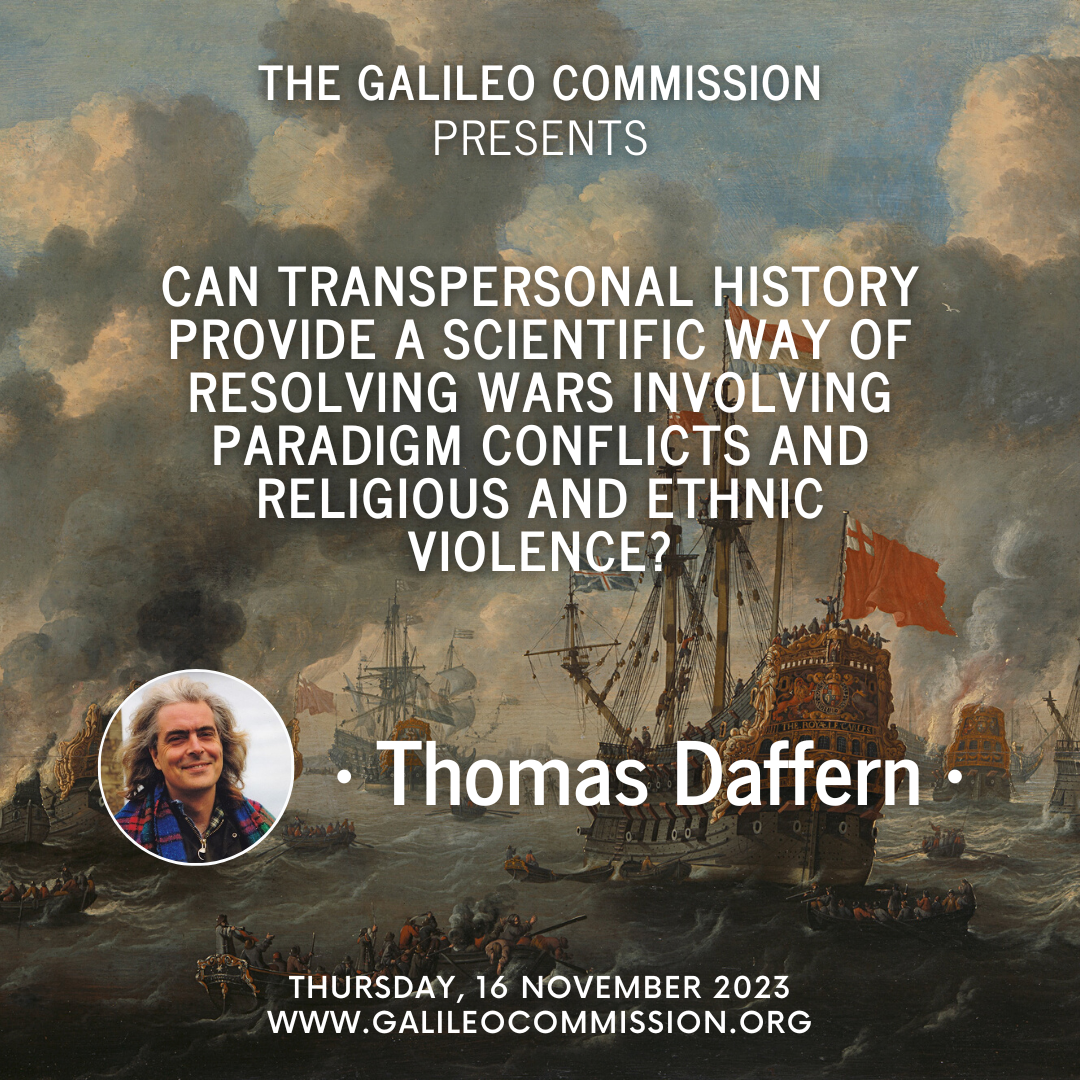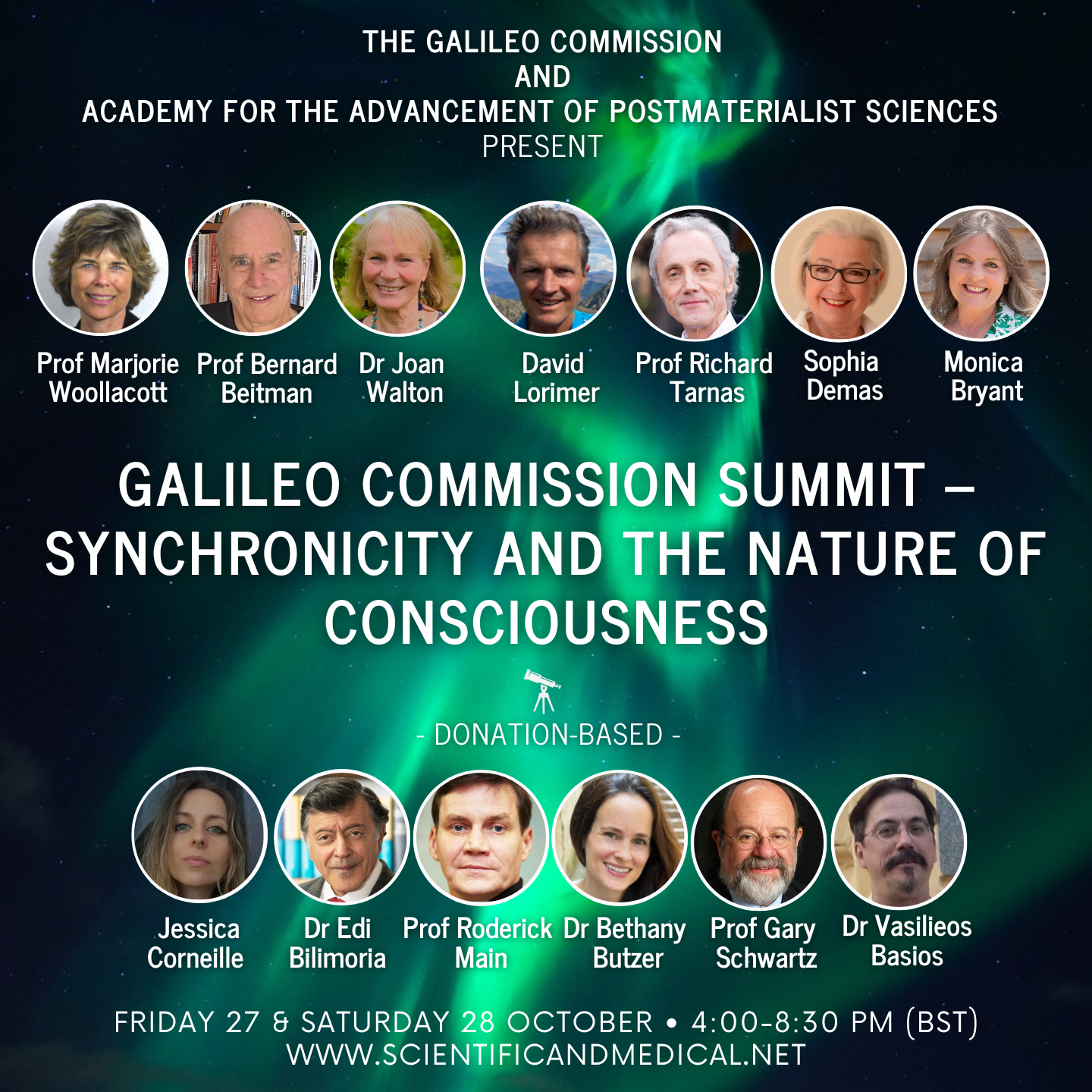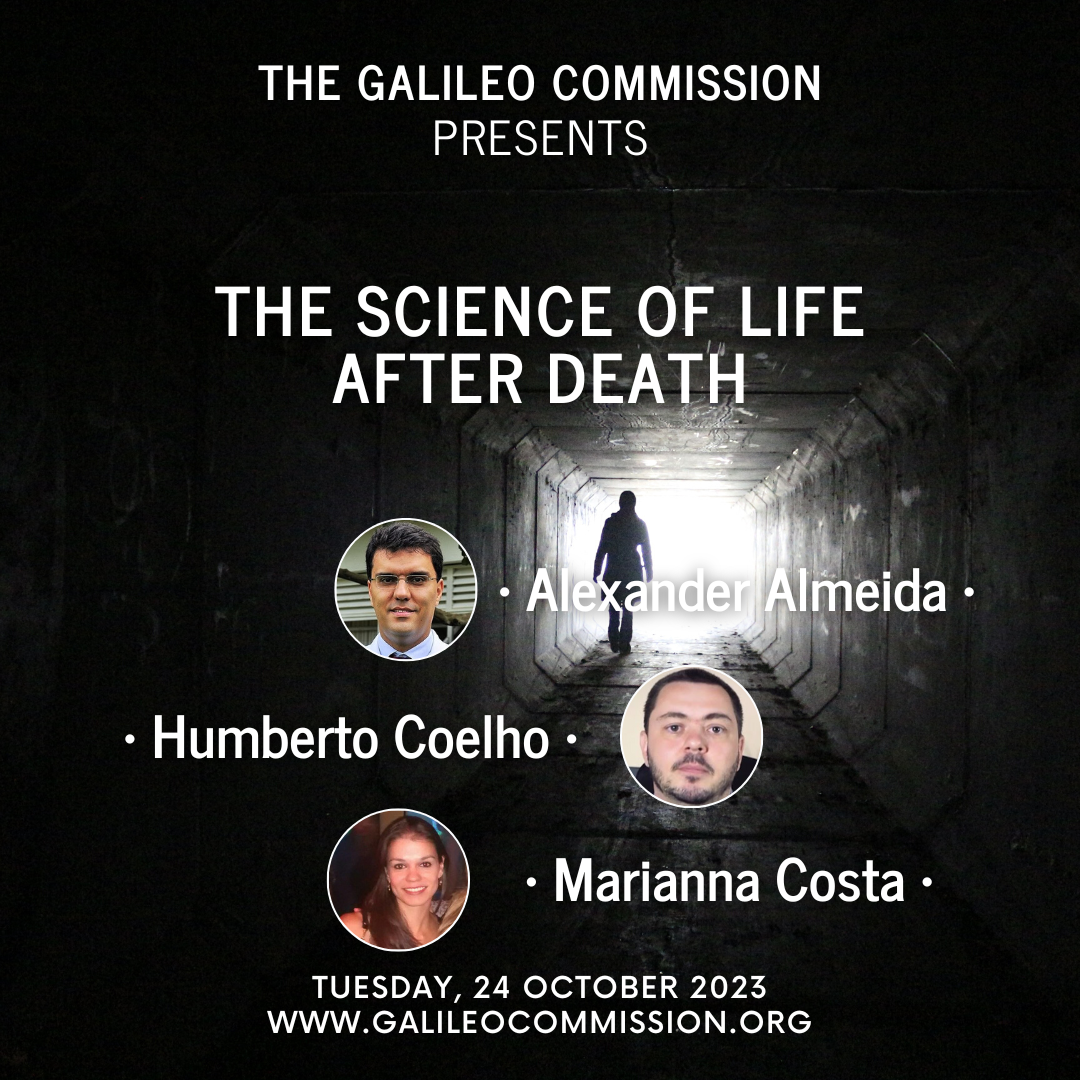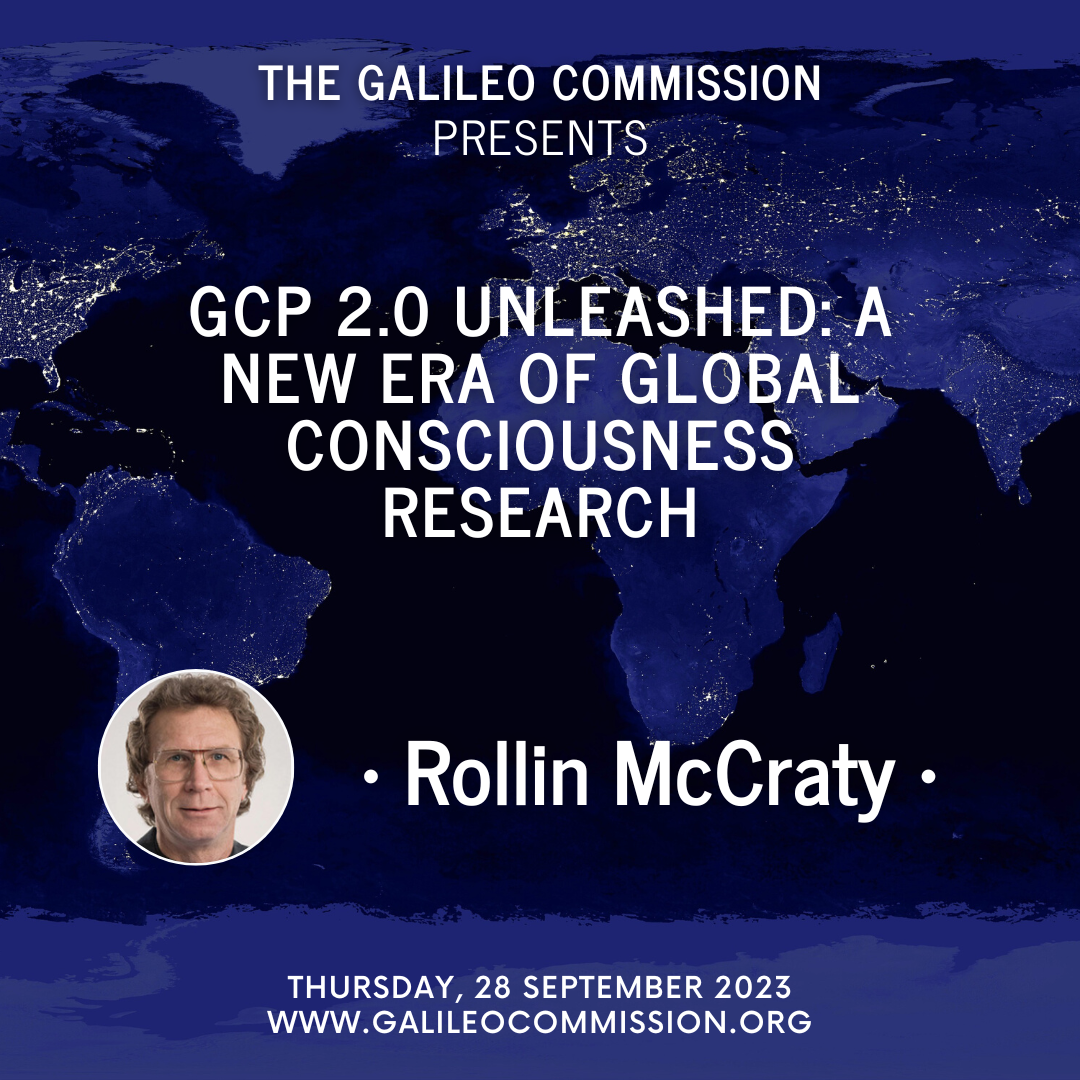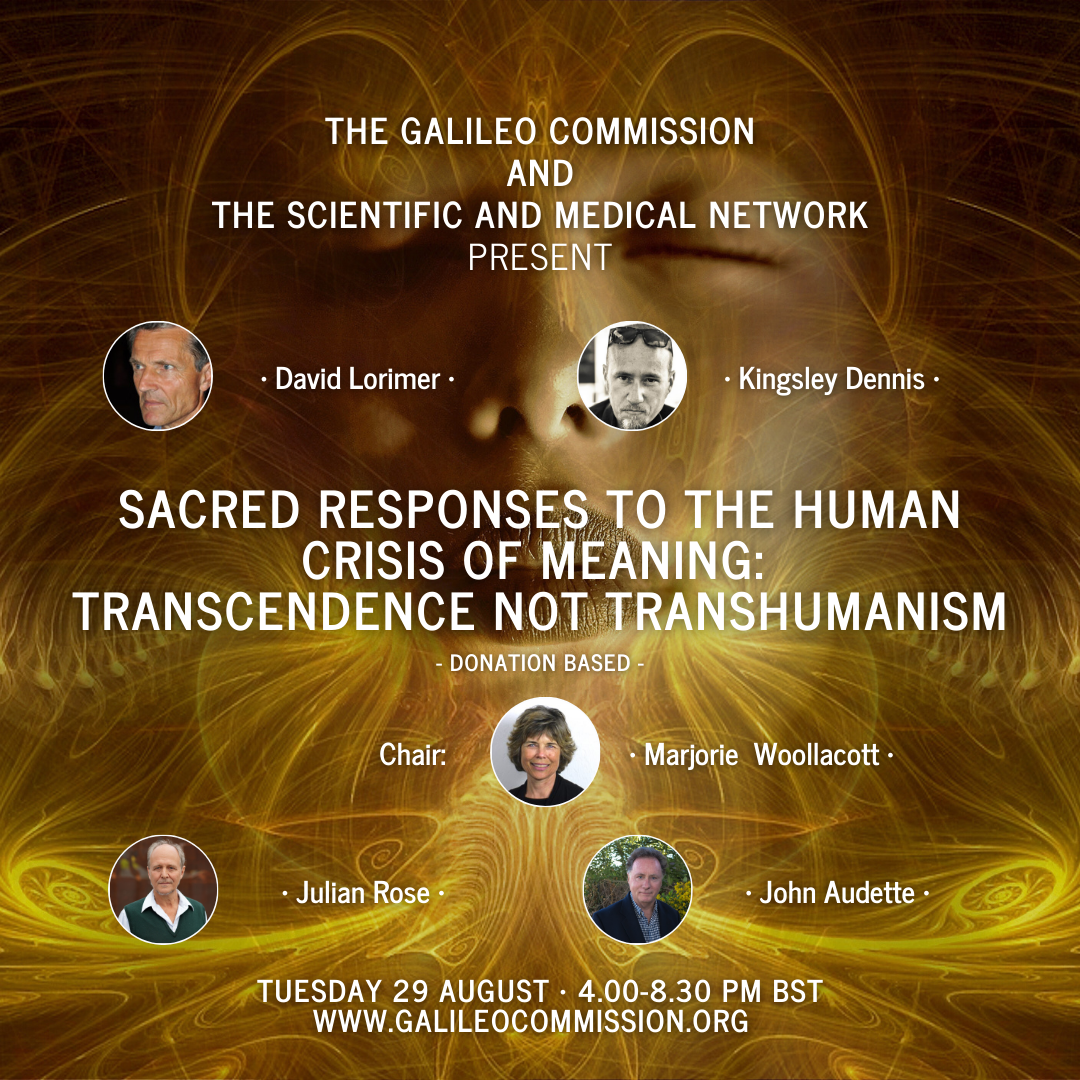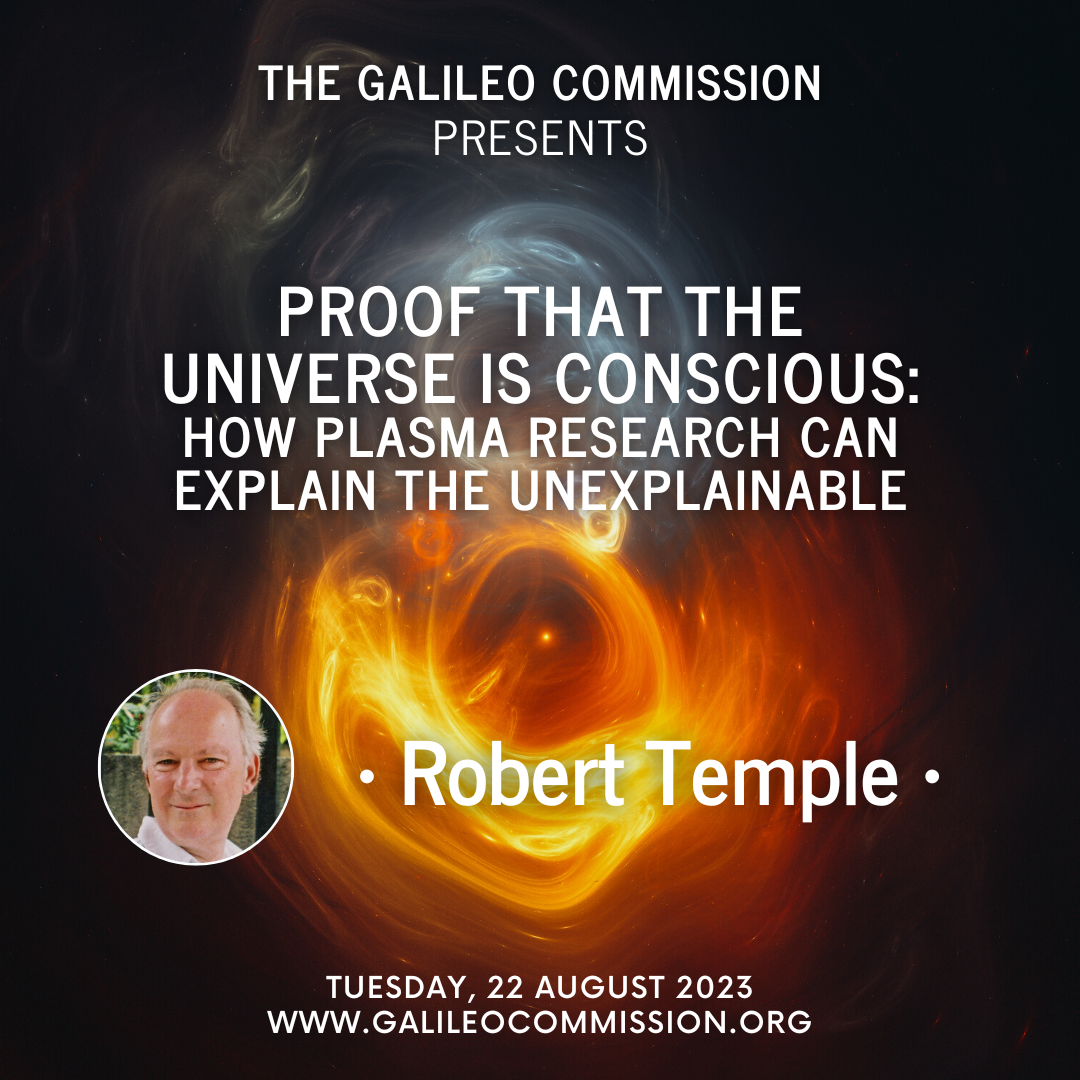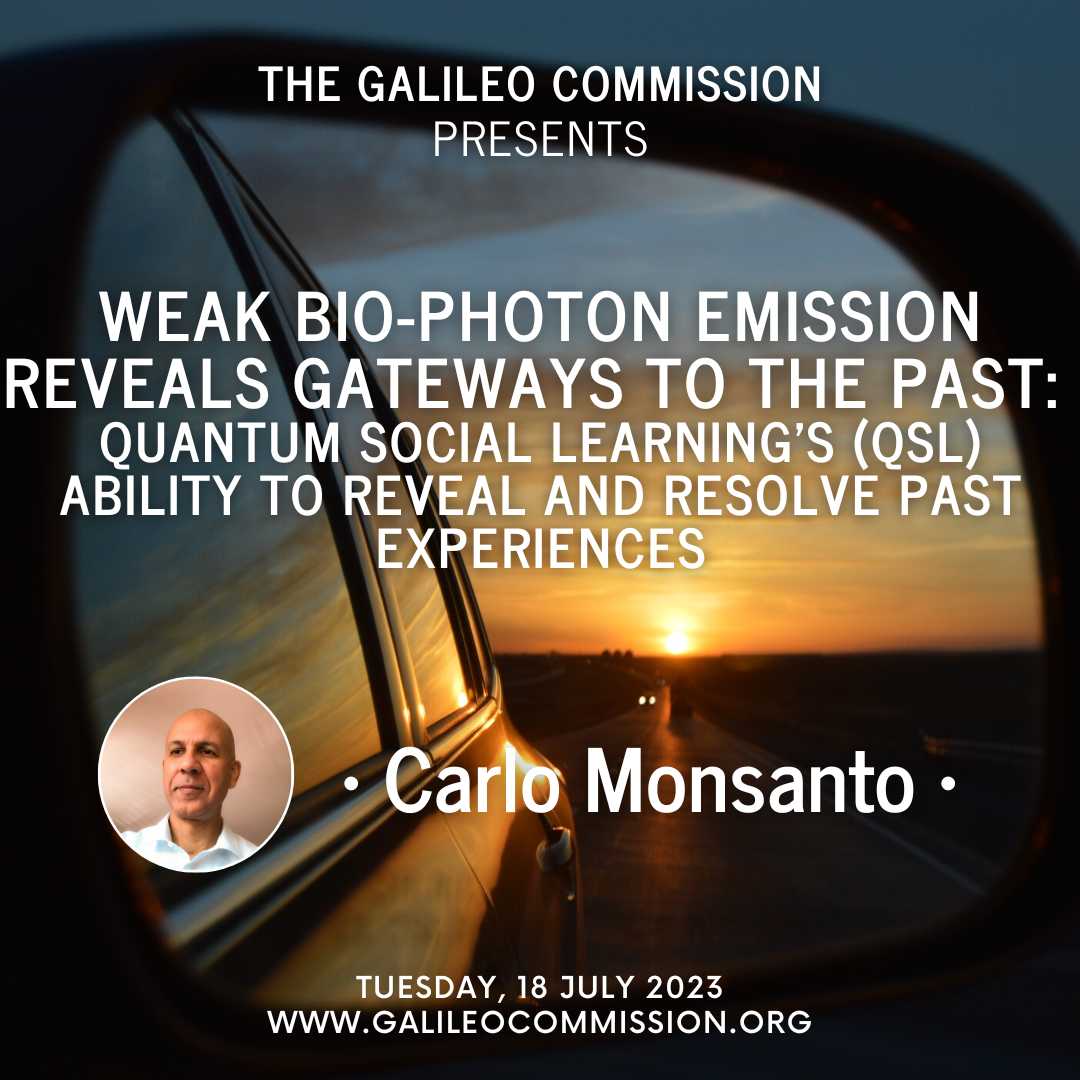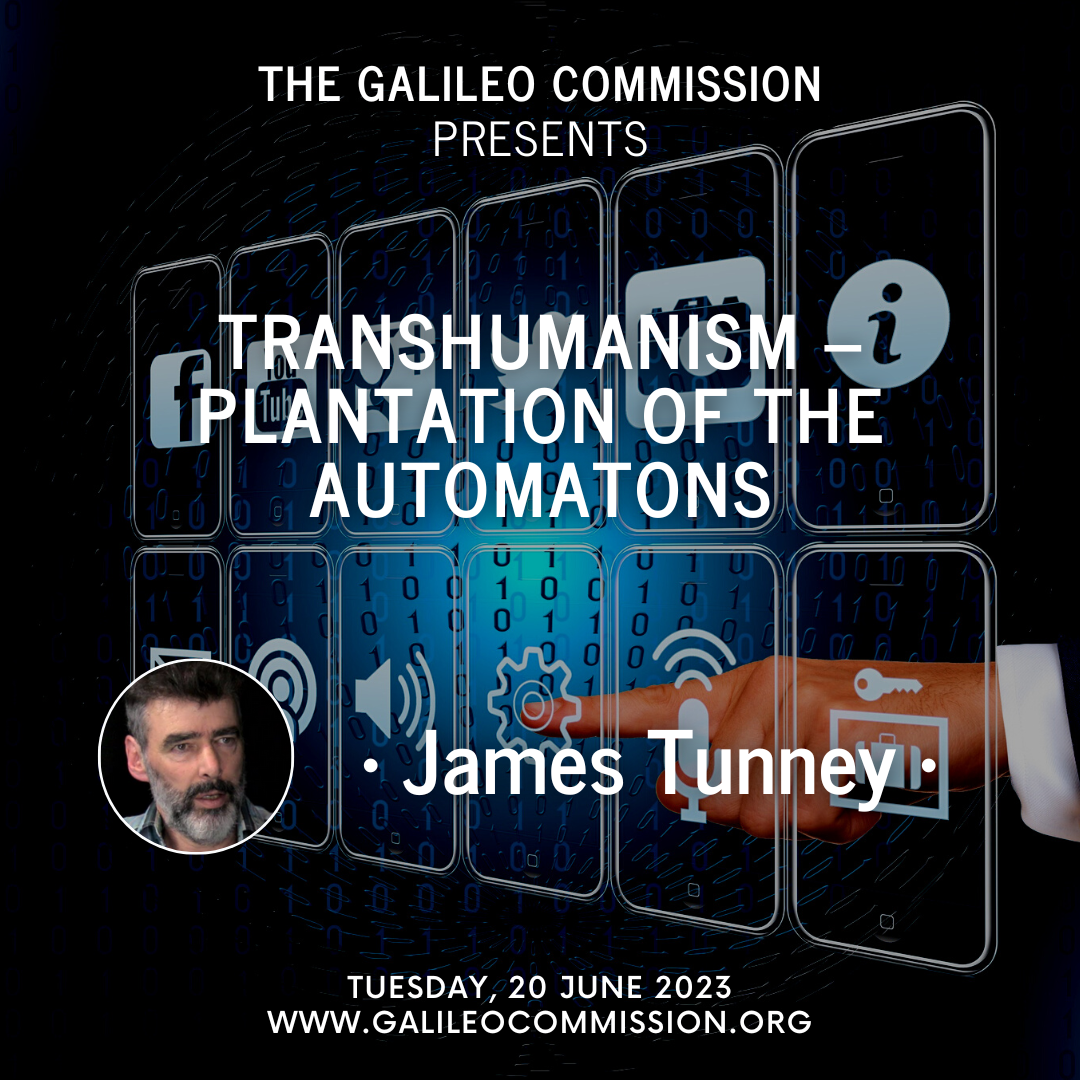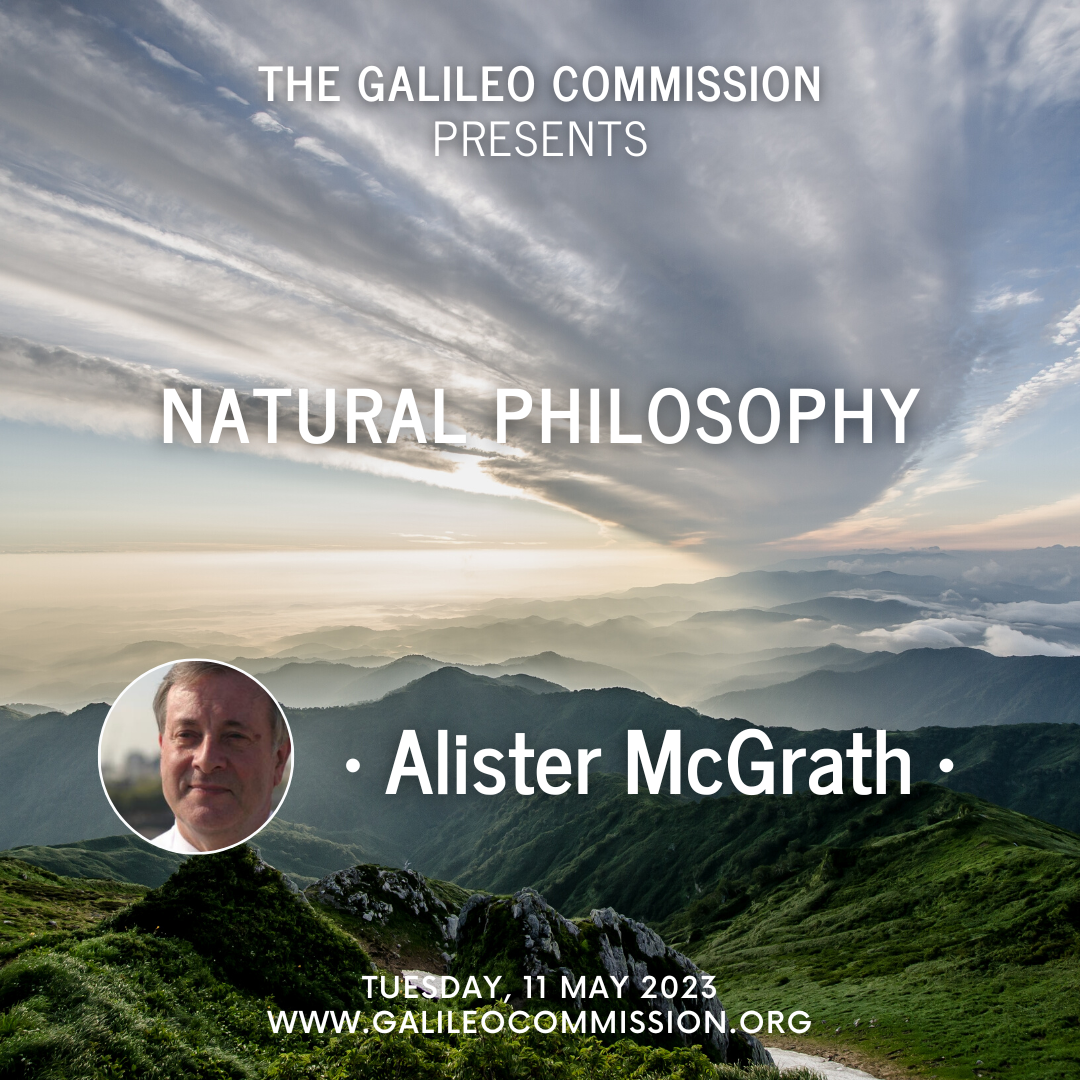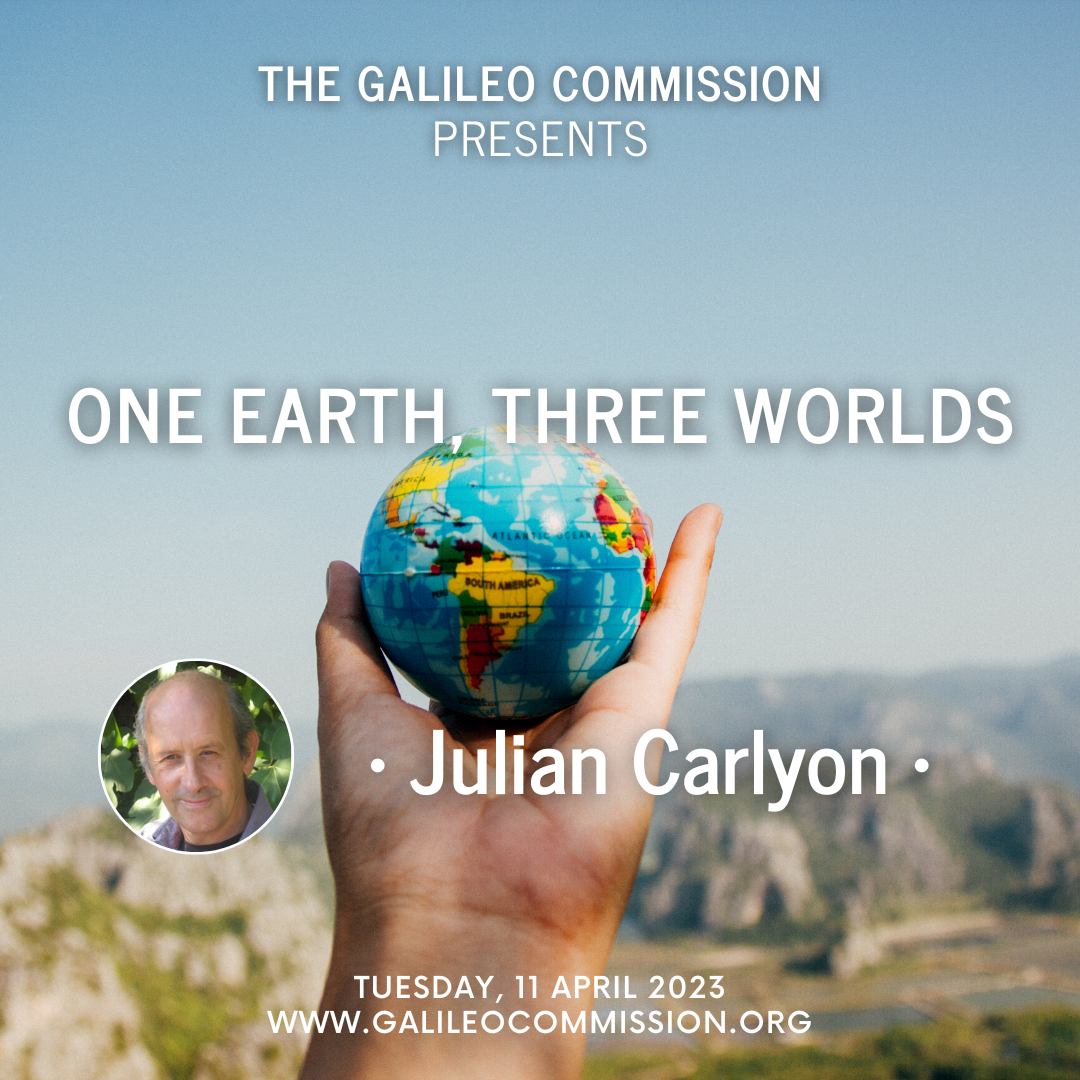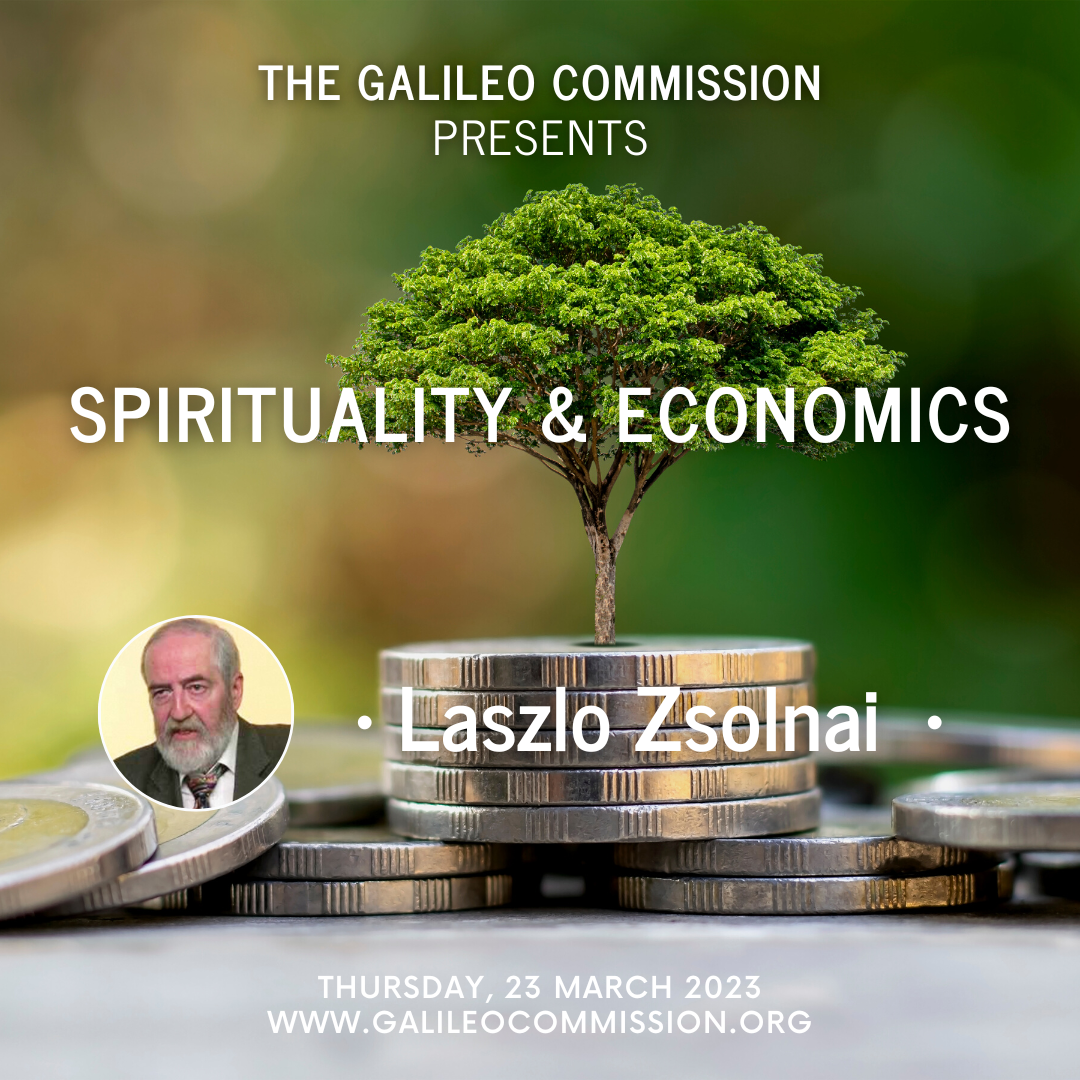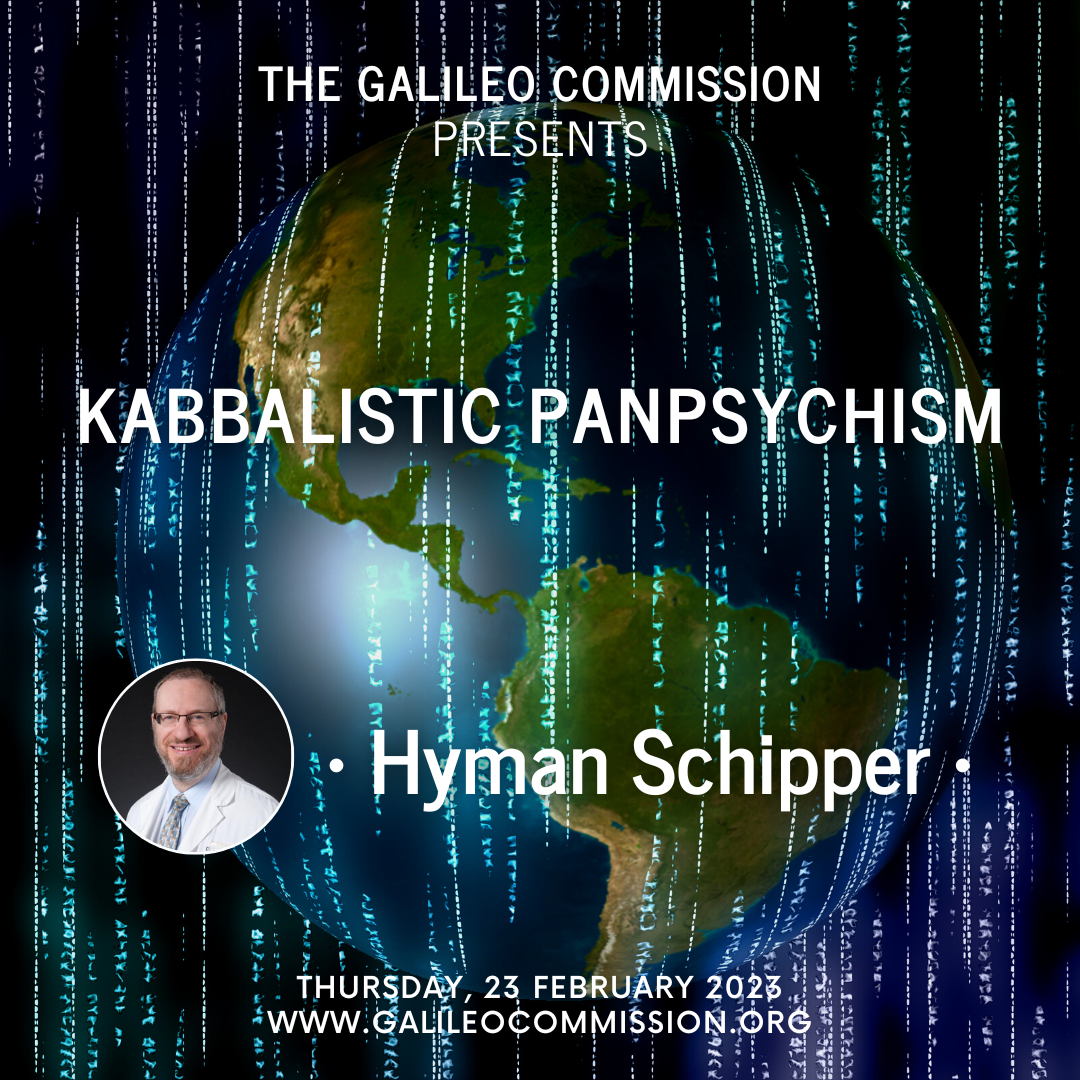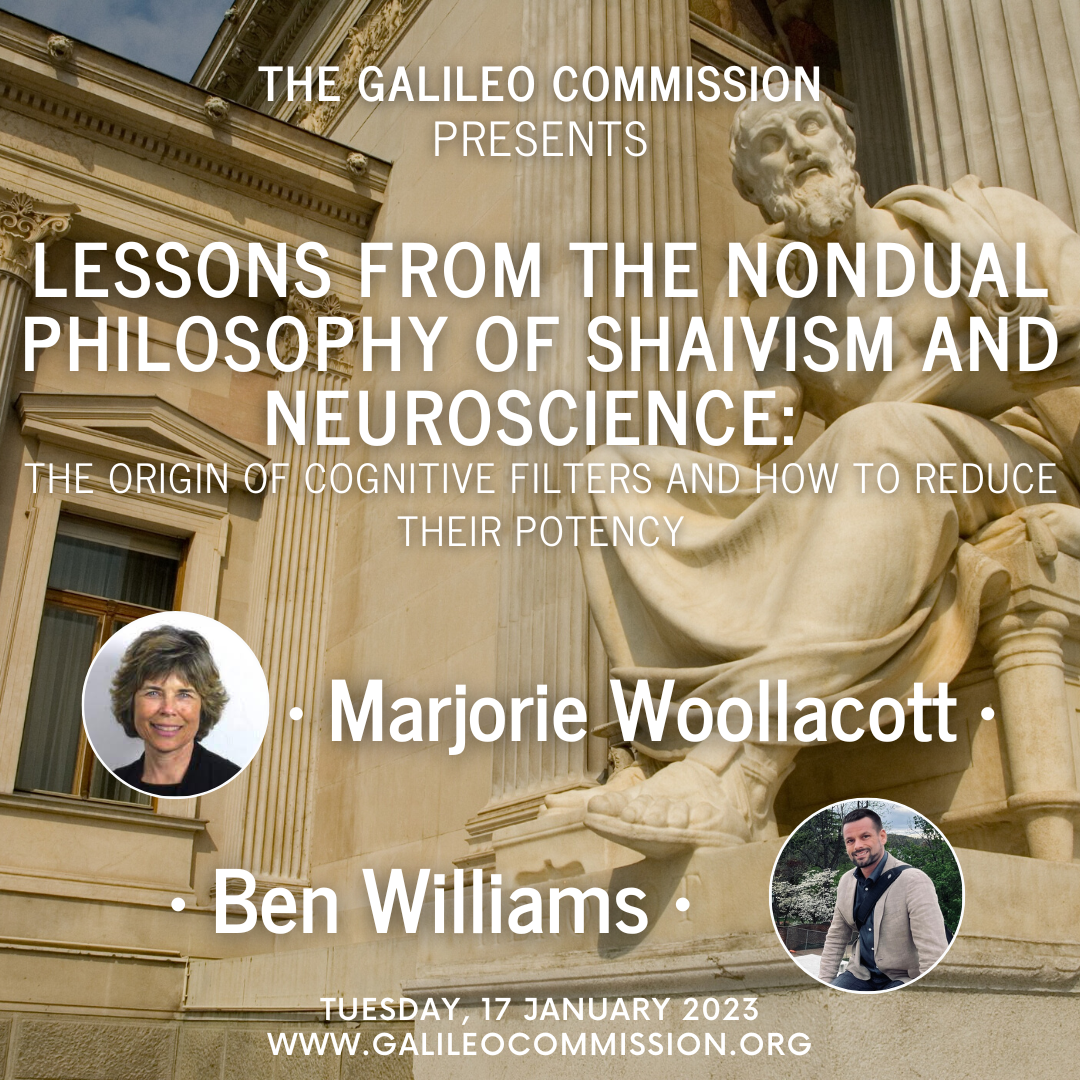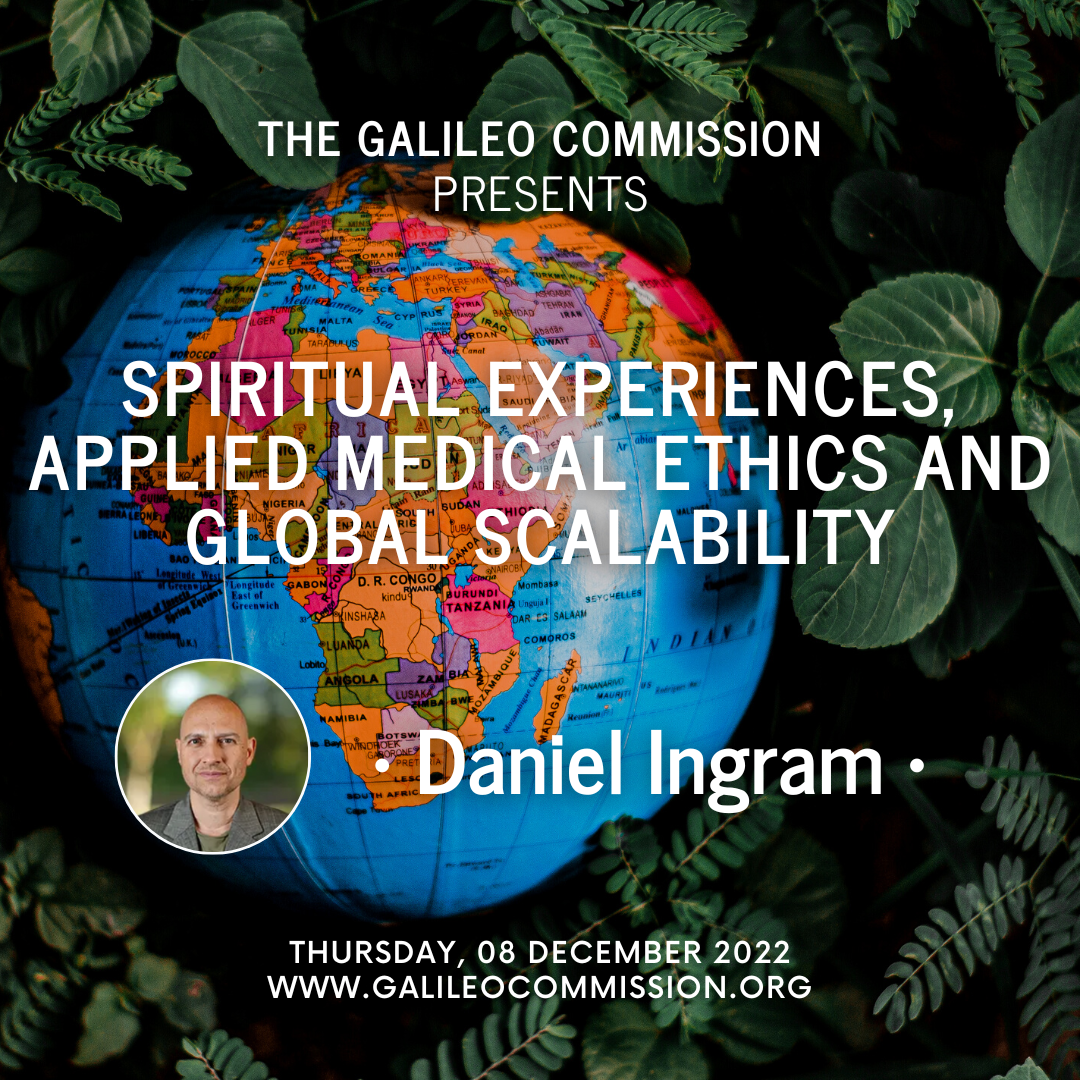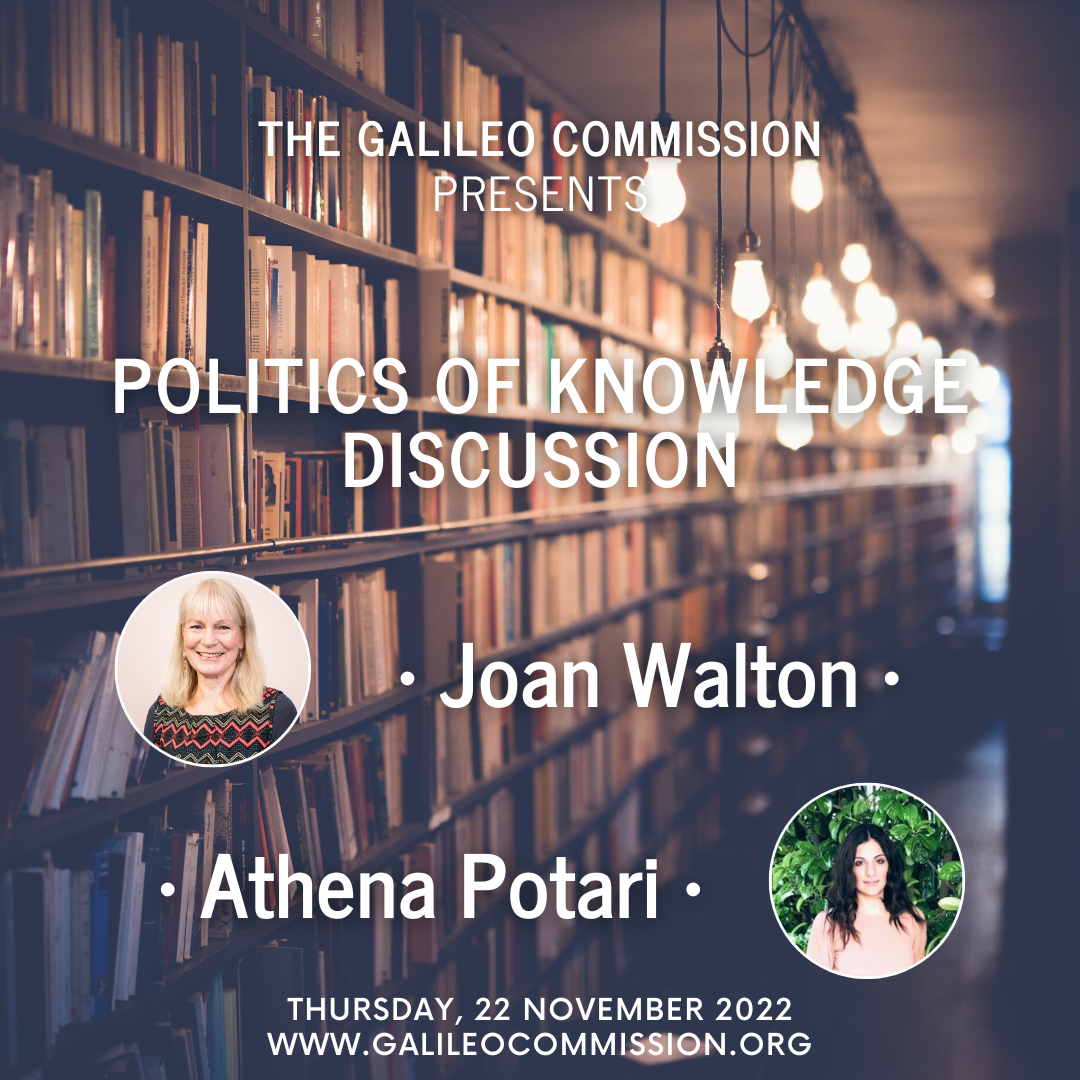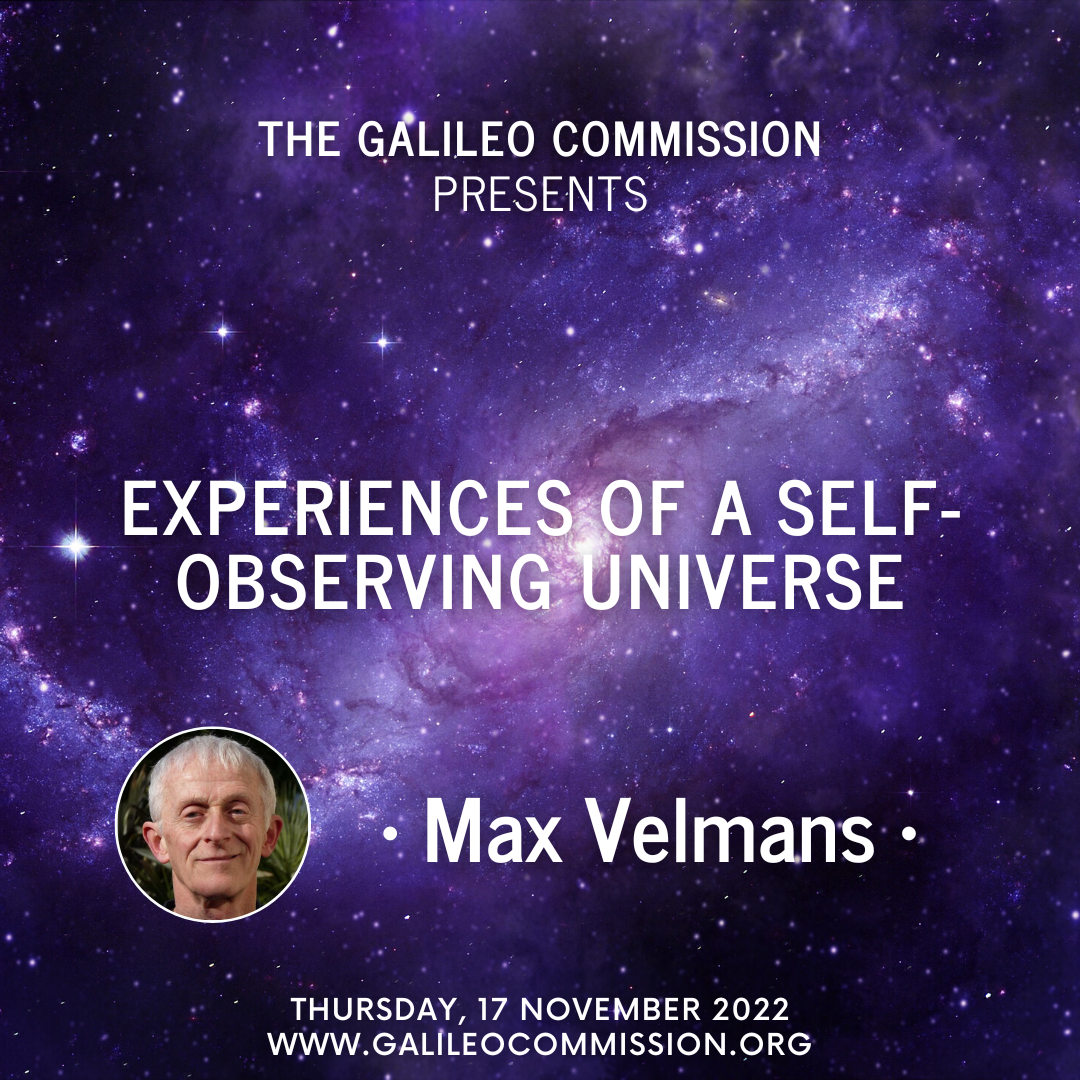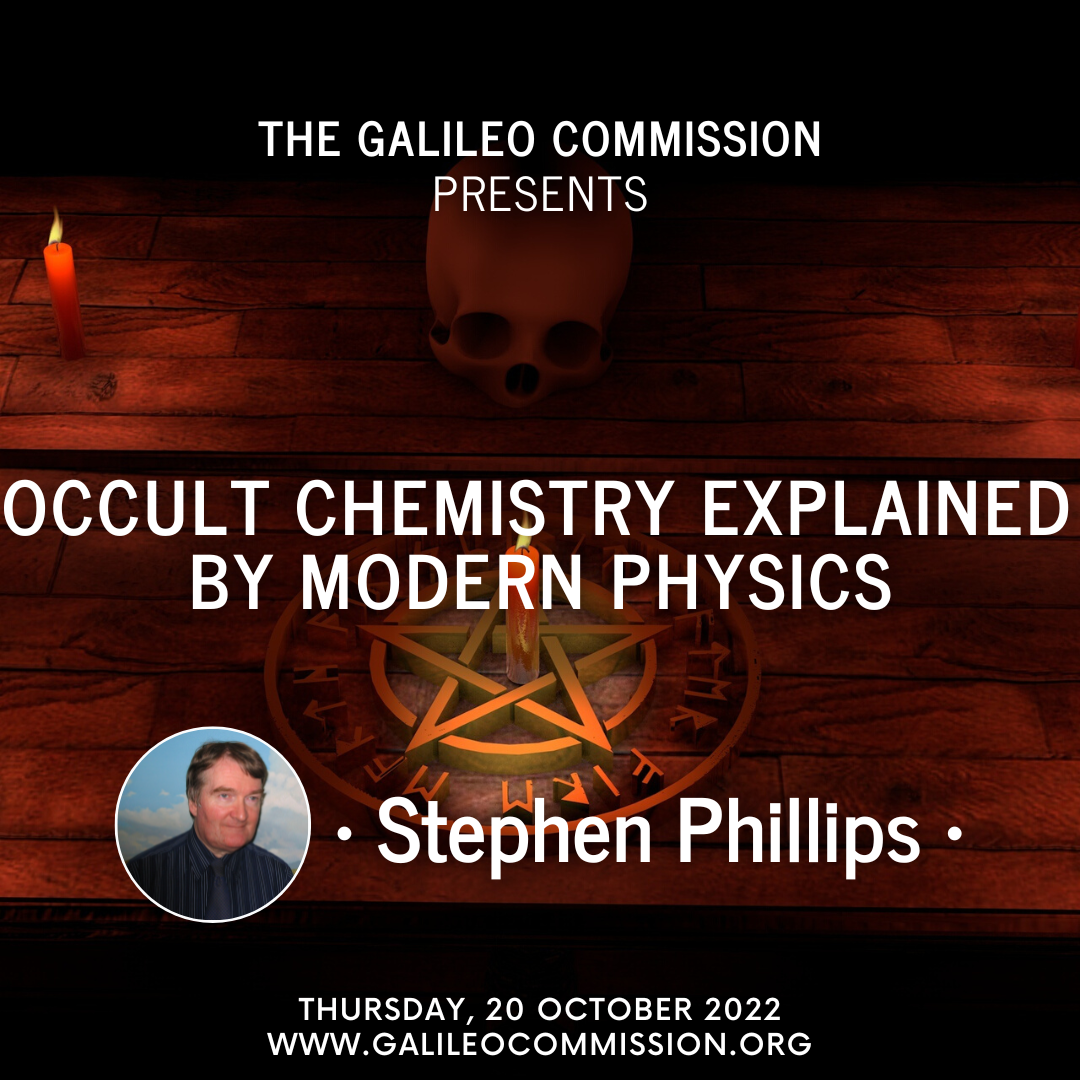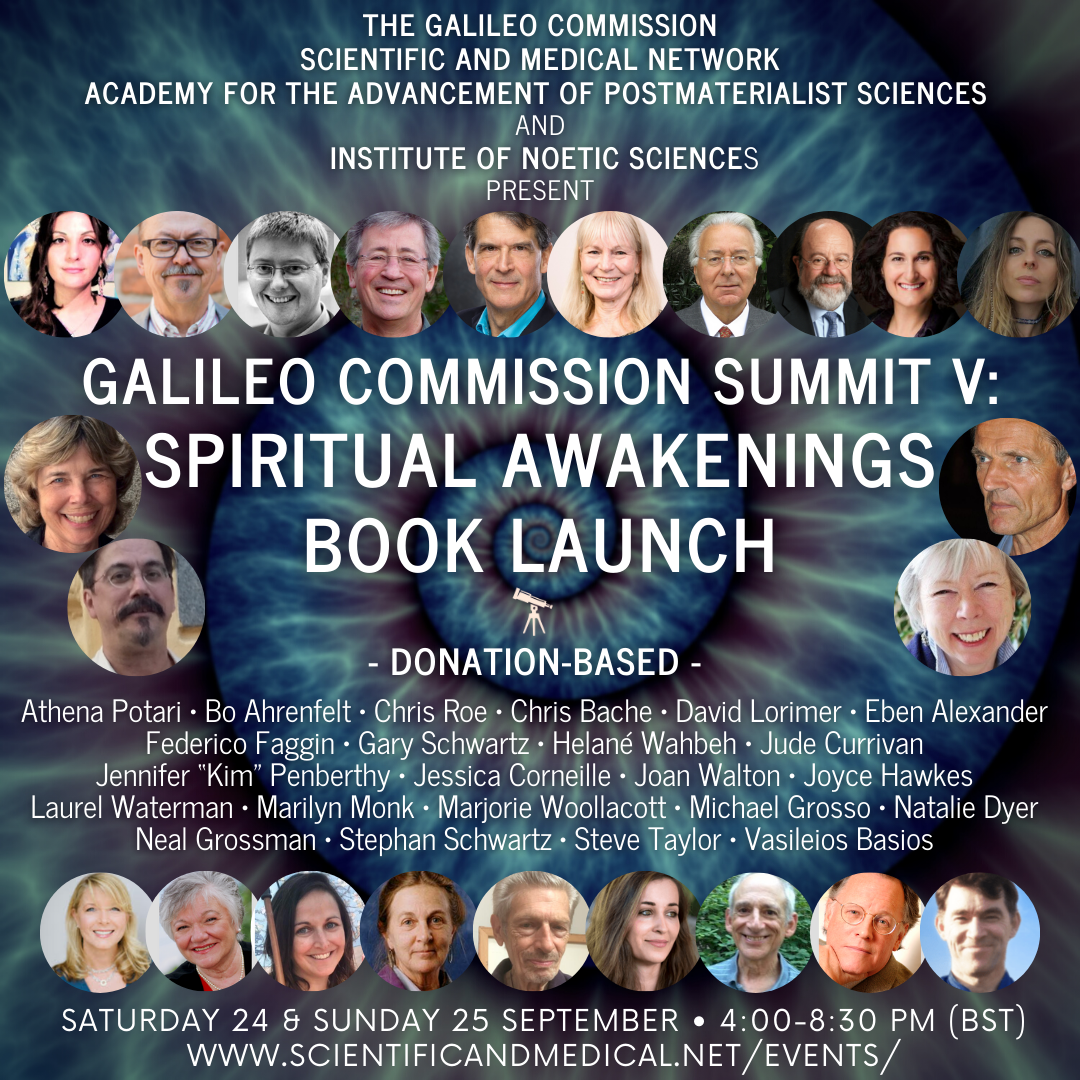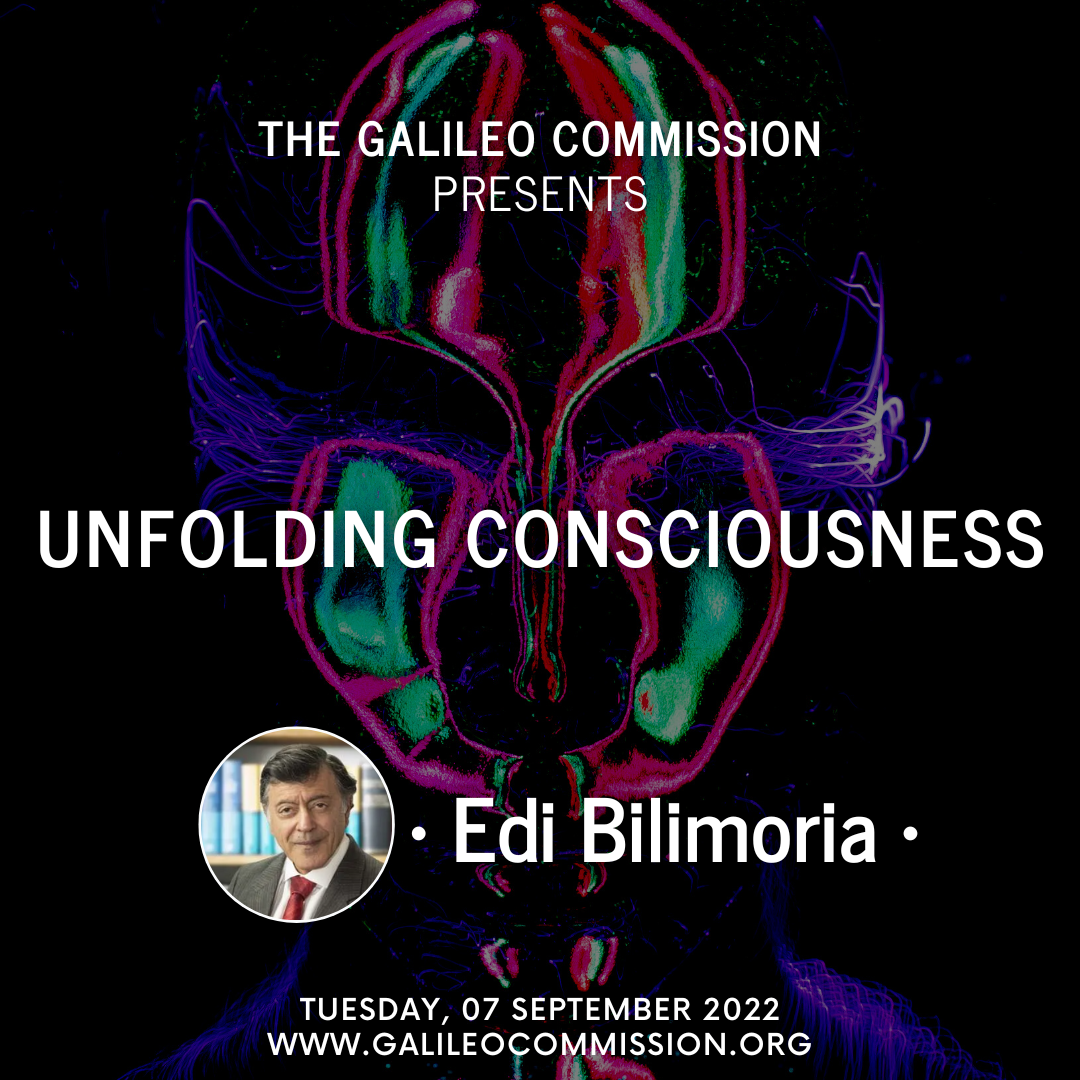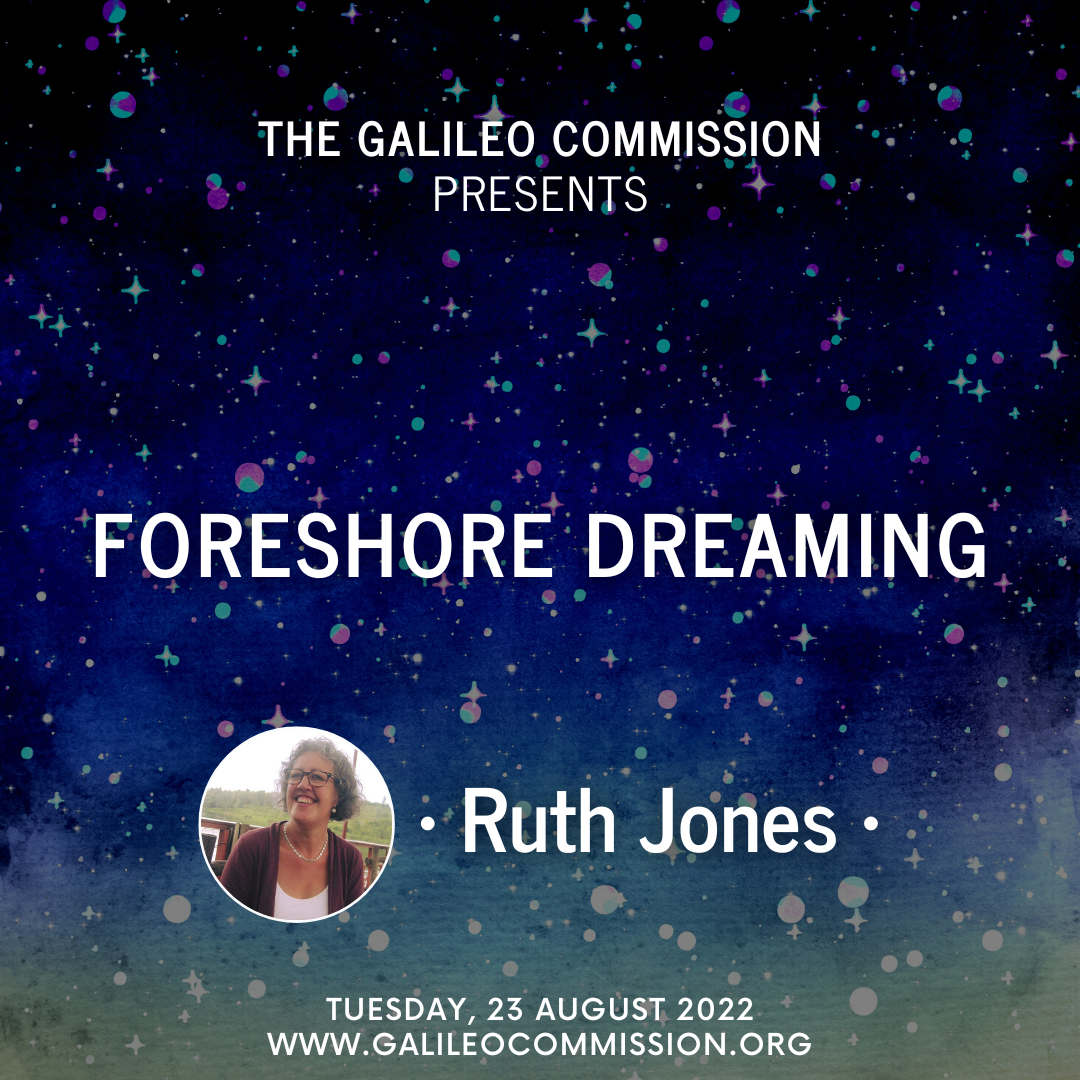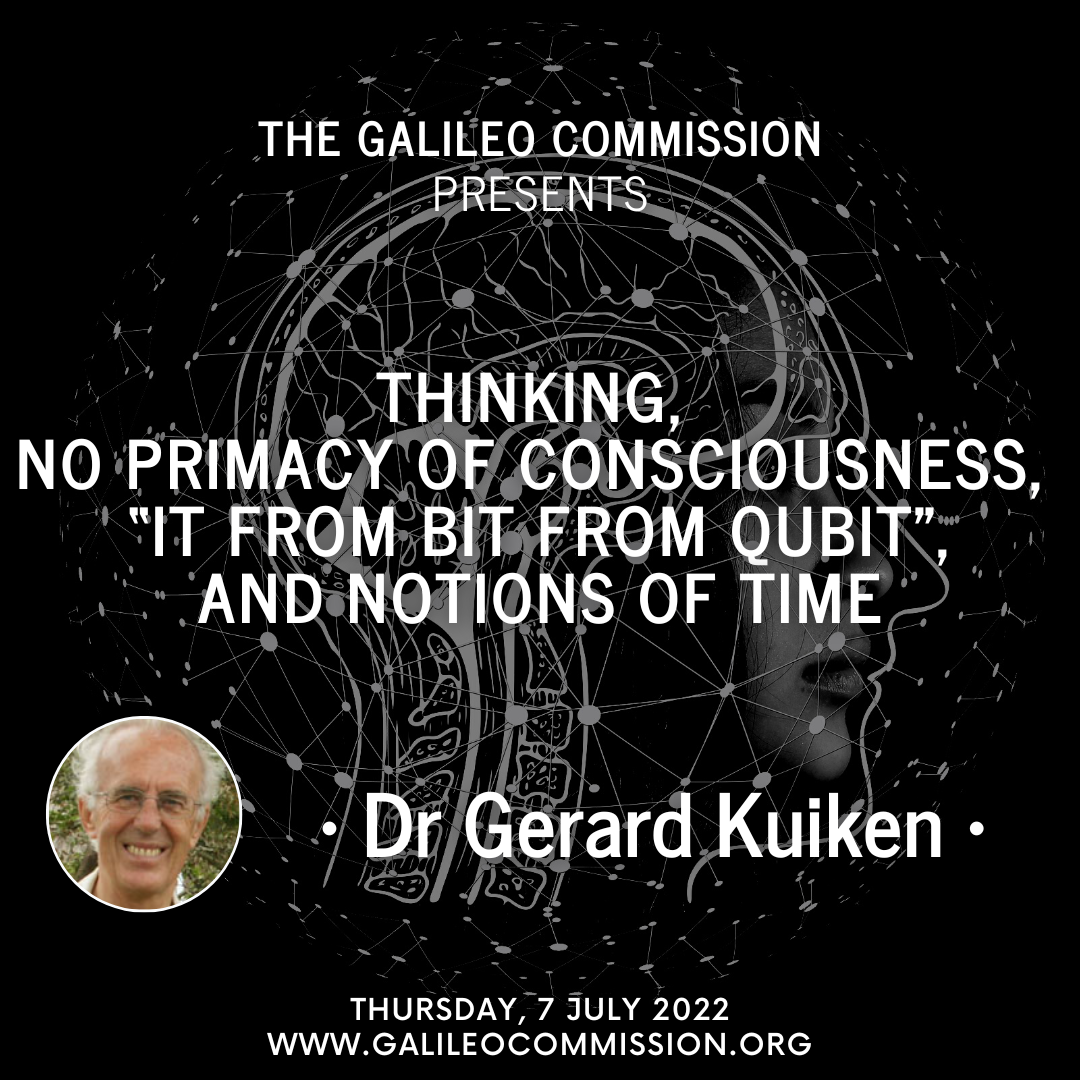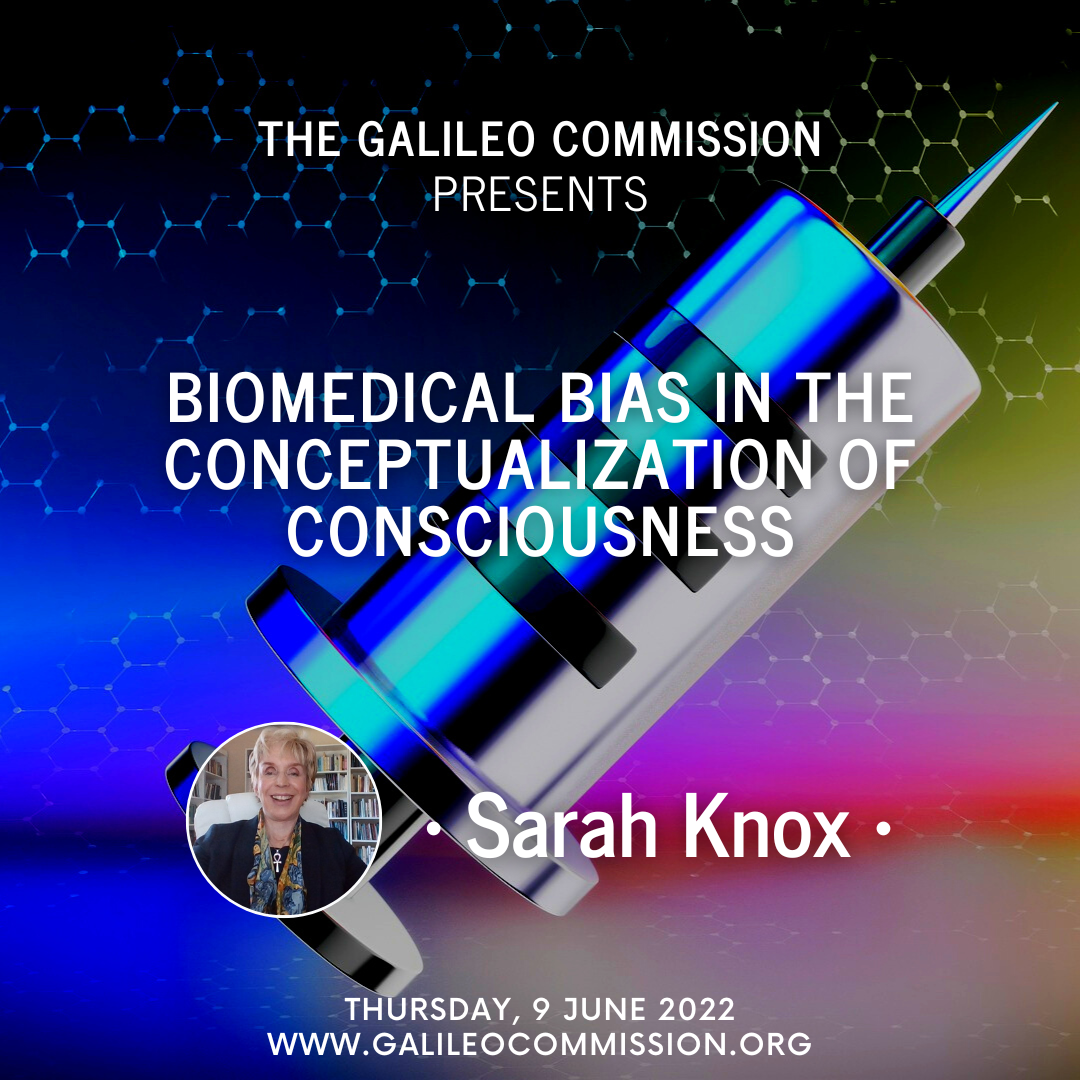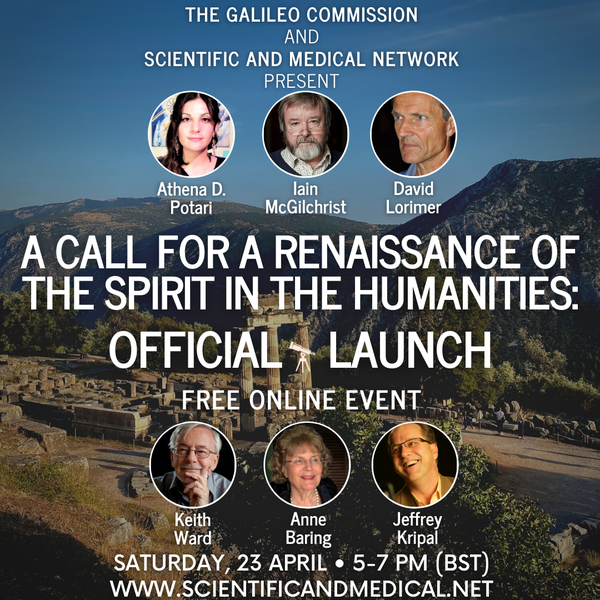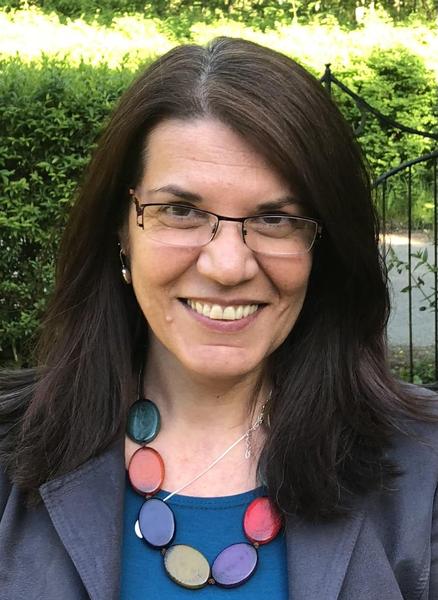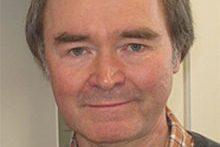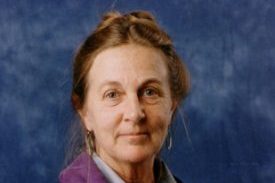Bhaktivedanta Institute for Higher Studies
The primary objective of the BIHS is to develop and propagate non-physicalist scientific perspectives informed by ancient
Galileo Commission Worldviews Study: Provocation Conversation Two – The Kinship Worldview
As the Galileo Commission investigates the plurality of worldviews, this dialogue invites us to re-evaluate modern assumptions of separateness, progress, and human exceptionalism.
Harald Walach – Transhumanism: Next Step in Human Development
Harald will give an overview of his report, which will be followed by a panel discussion featuring Gregg Braden, Iain McGilchrist and Anne Baring, chaired by David Lorimer. We will then take questions from the audience.
Bhaktivedanta Institute for Higher Studies
The primary objective of the BIHS is to develop and propagate non-physicalist scientific perspectives informed by ancient
Galileo Commission Worldviews Study: Provocation Conversation Two – The Kinship Worldview
As the Galileo Commission investigates the plurality of worldviews, this dialogue invites us to re-evaluate modern assumptions of separateness, progress, and human exceptionalism.
Harald Walach – Transhumanism: Next Step in Human Development
Harald will give an overview of his report, which will be followed by a panel discussion featuring Gregg Braden, Iain McGilchrist and Anne Baring, chaired by David Lorimer. We will then take questions from the audience.
Bhaktivedanta Institute for Higher Studies
The primary objective of the BIHS is to develop and propagate non-physicalist scientific perspectives informed by ancient
Galileo Commission Worldviews Study: Provocation Conversation Two – The Kinship Worldview
As the Galileo Commission investigates the plurality of worldviews, this dialogue invites us to re-evaluate modern assumptions of separateness, progress, and human exceptionalism.
Harald Walach – Transhumanism: Next Step in Human Development
Harald will give an overview of his report, which will be followed by a panel discussion featuring Gregg Braden, Iain McGilchrist and Anne Baring, chaired by David Lorimer. We will then take questions from the audience.
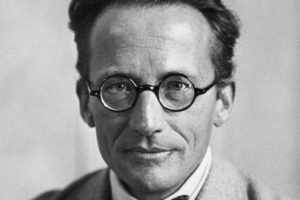
– Erwin Schrödinger
– Prof David Bohm
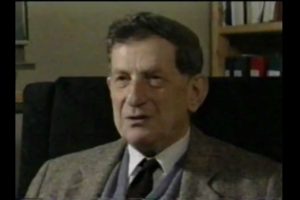
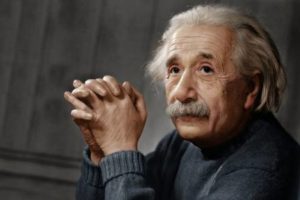
– Albert Einstein
Click on any event to view the recordings as well as event details

